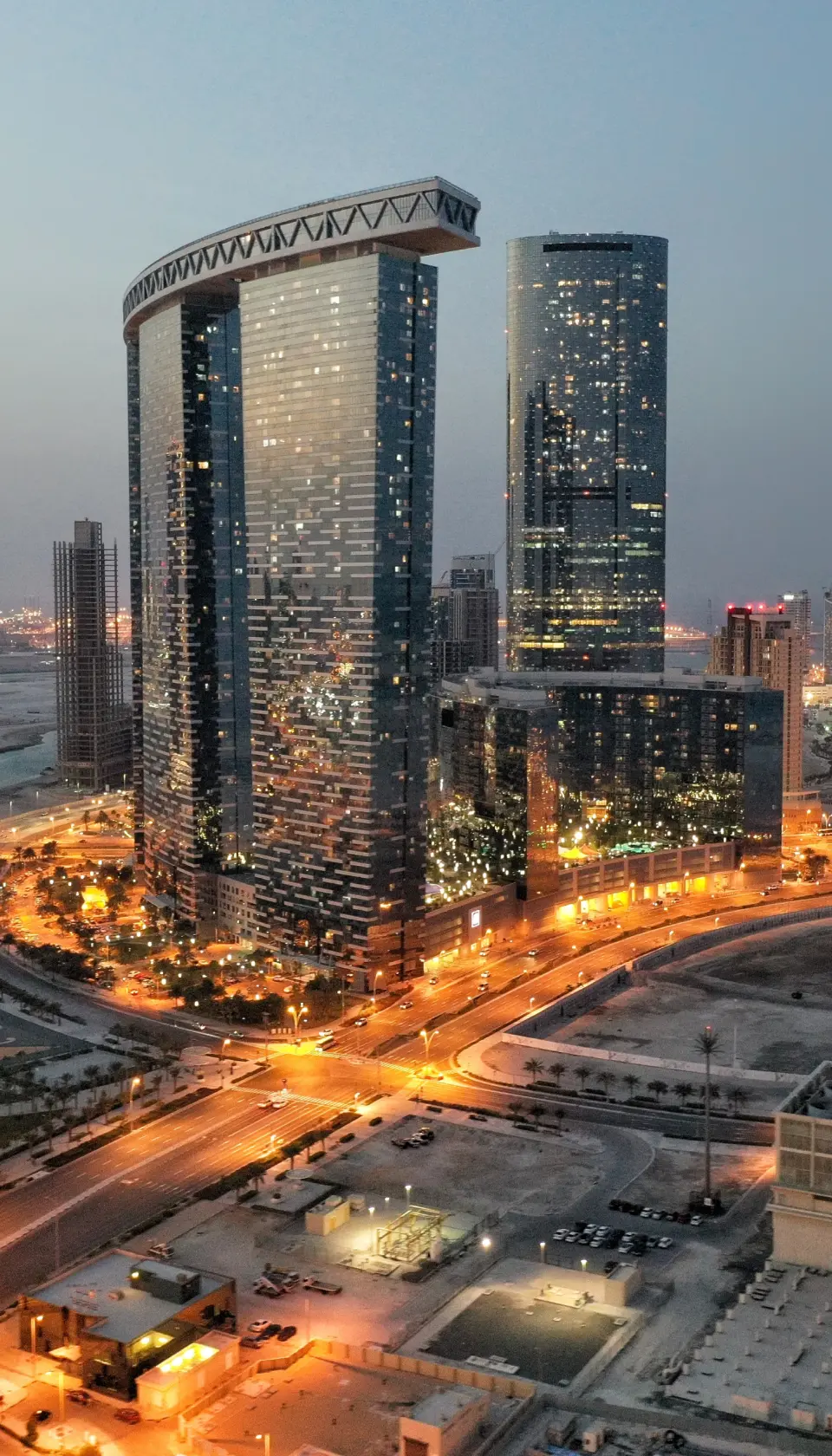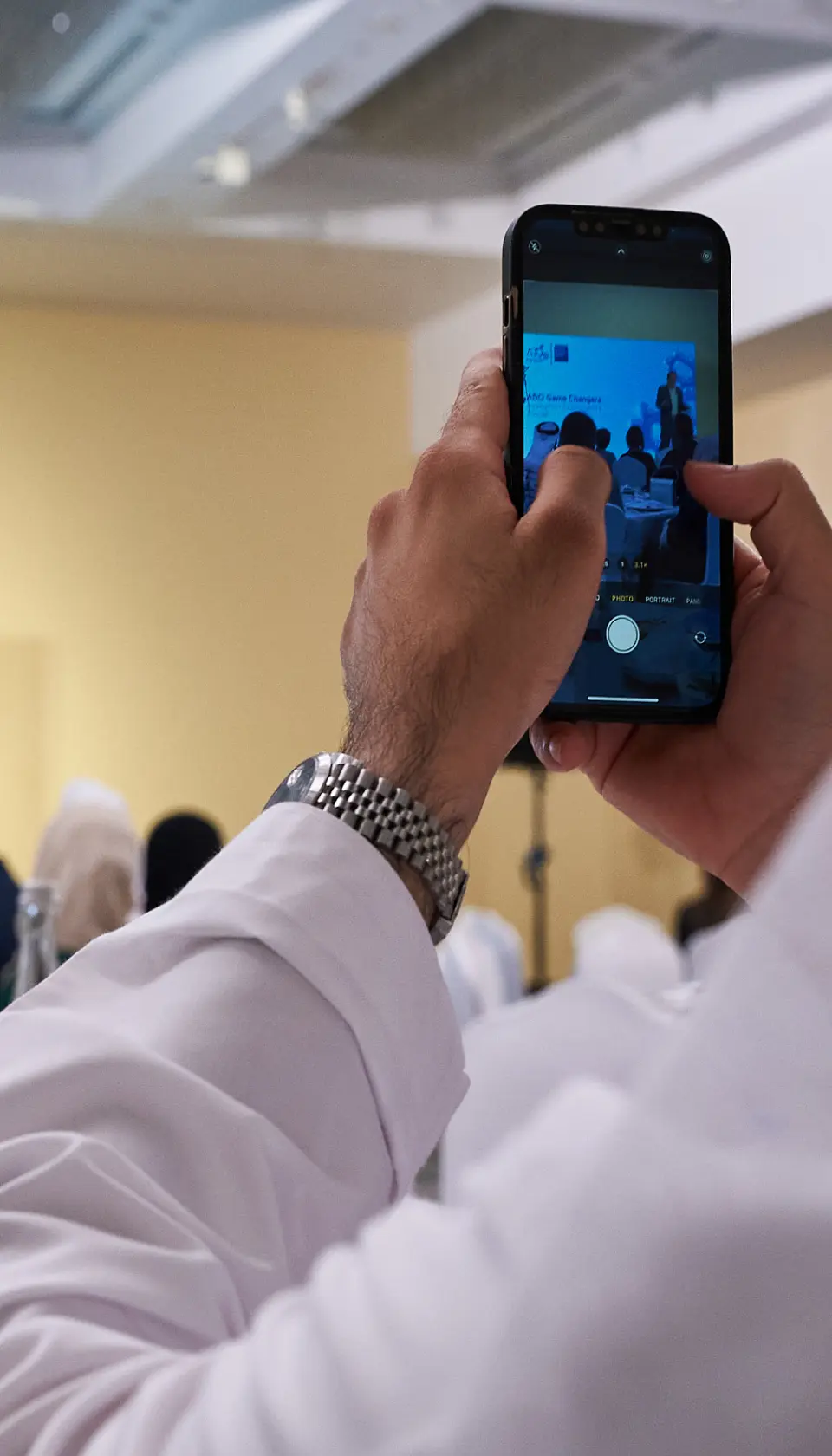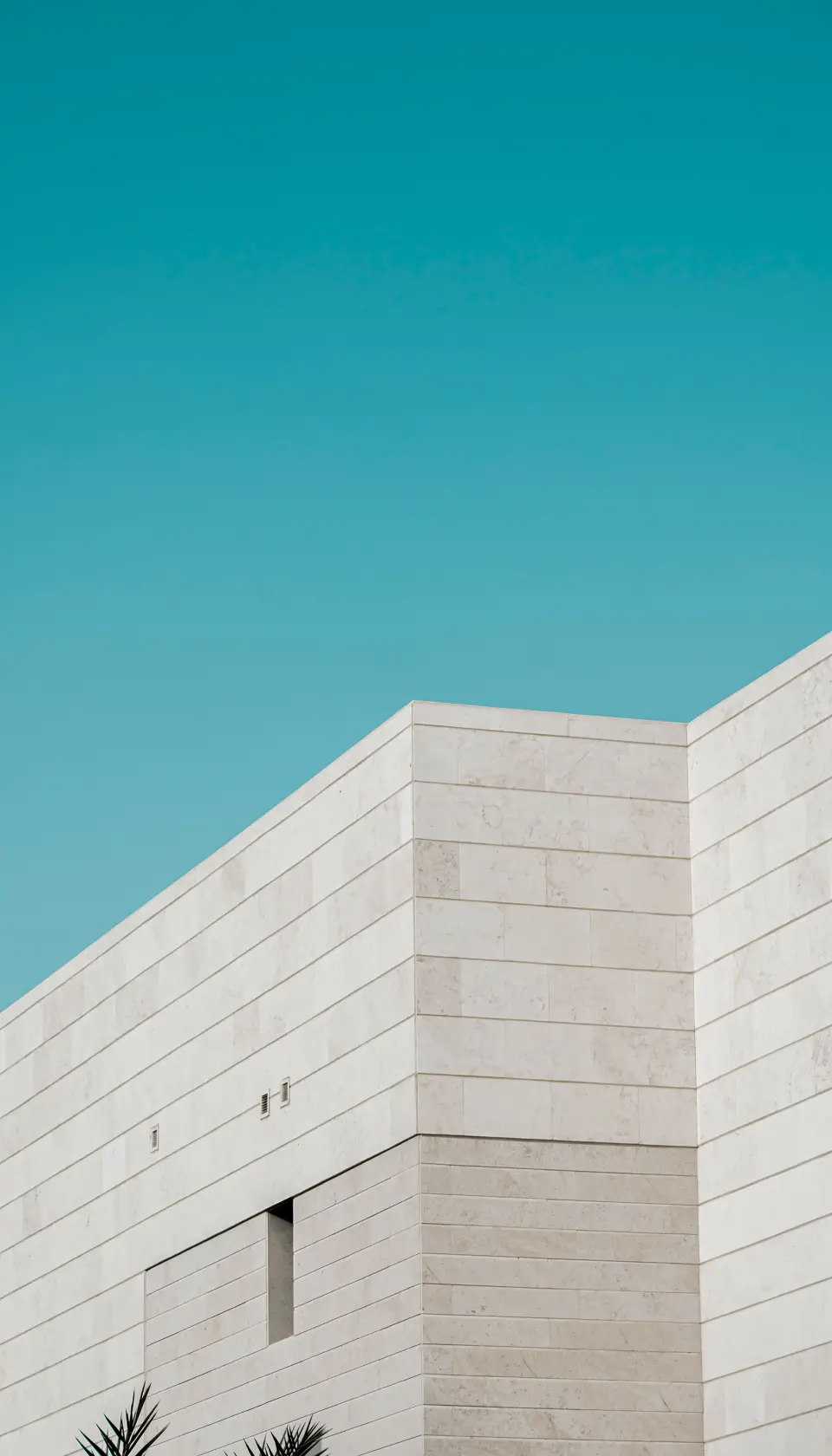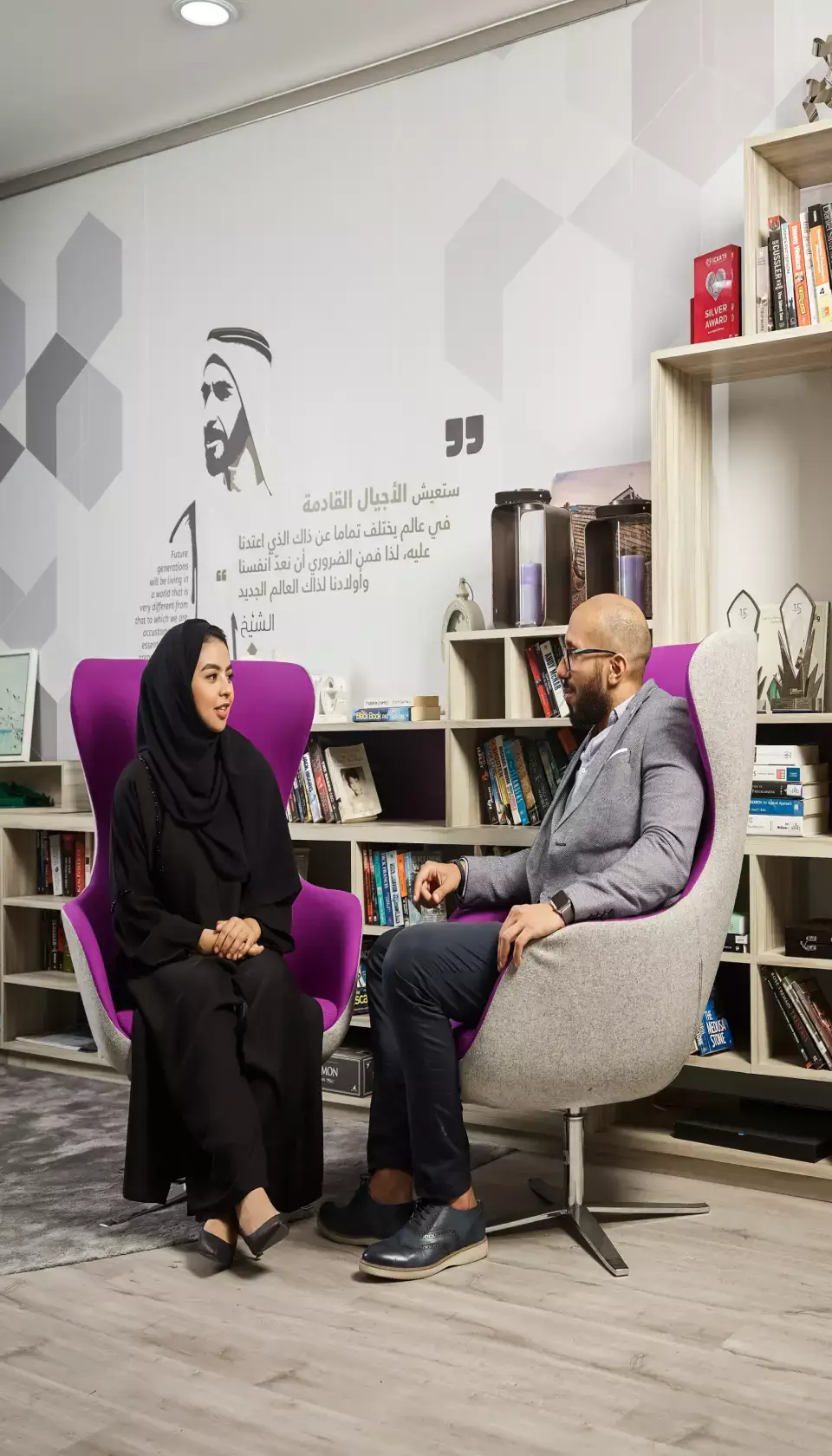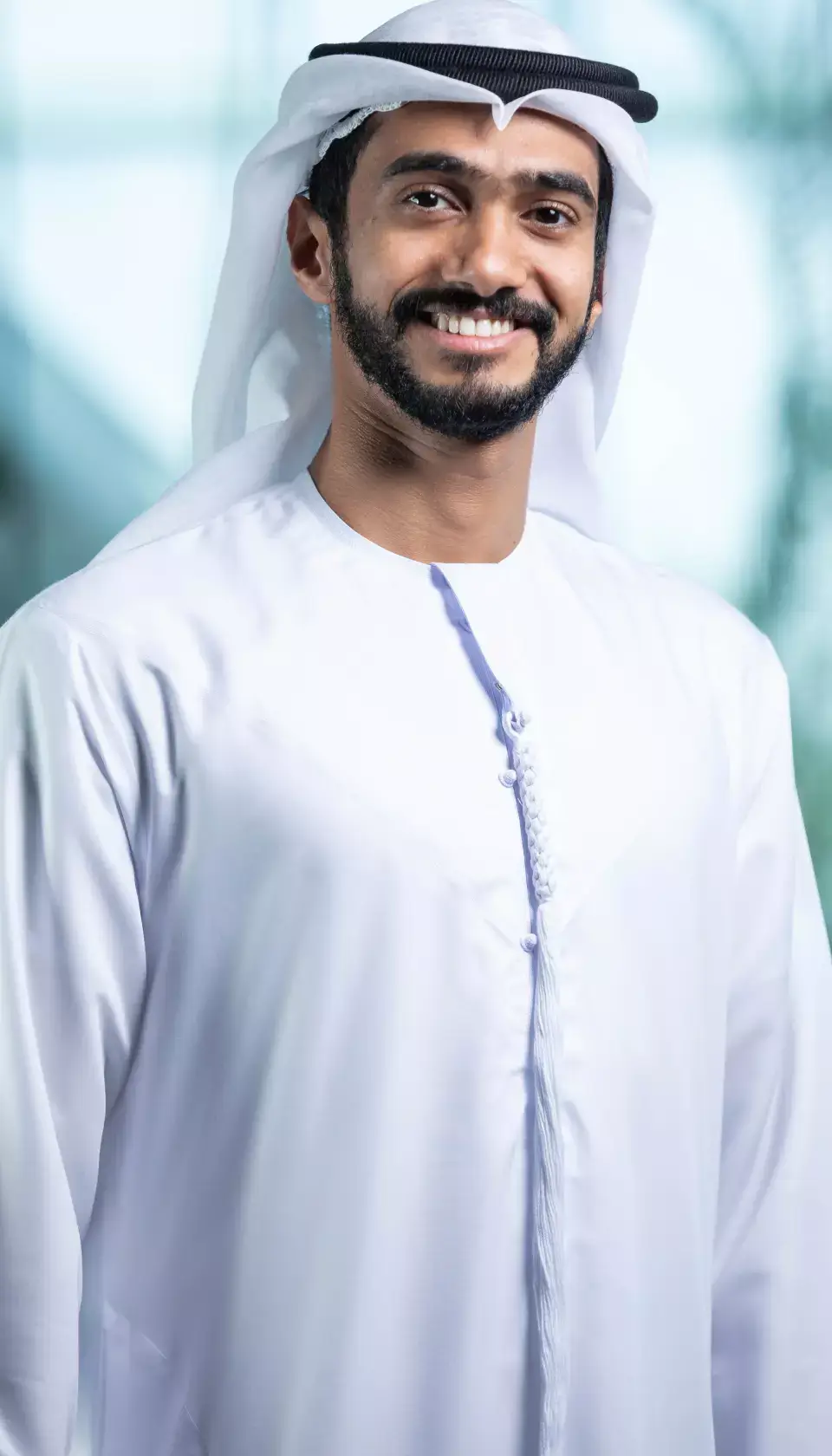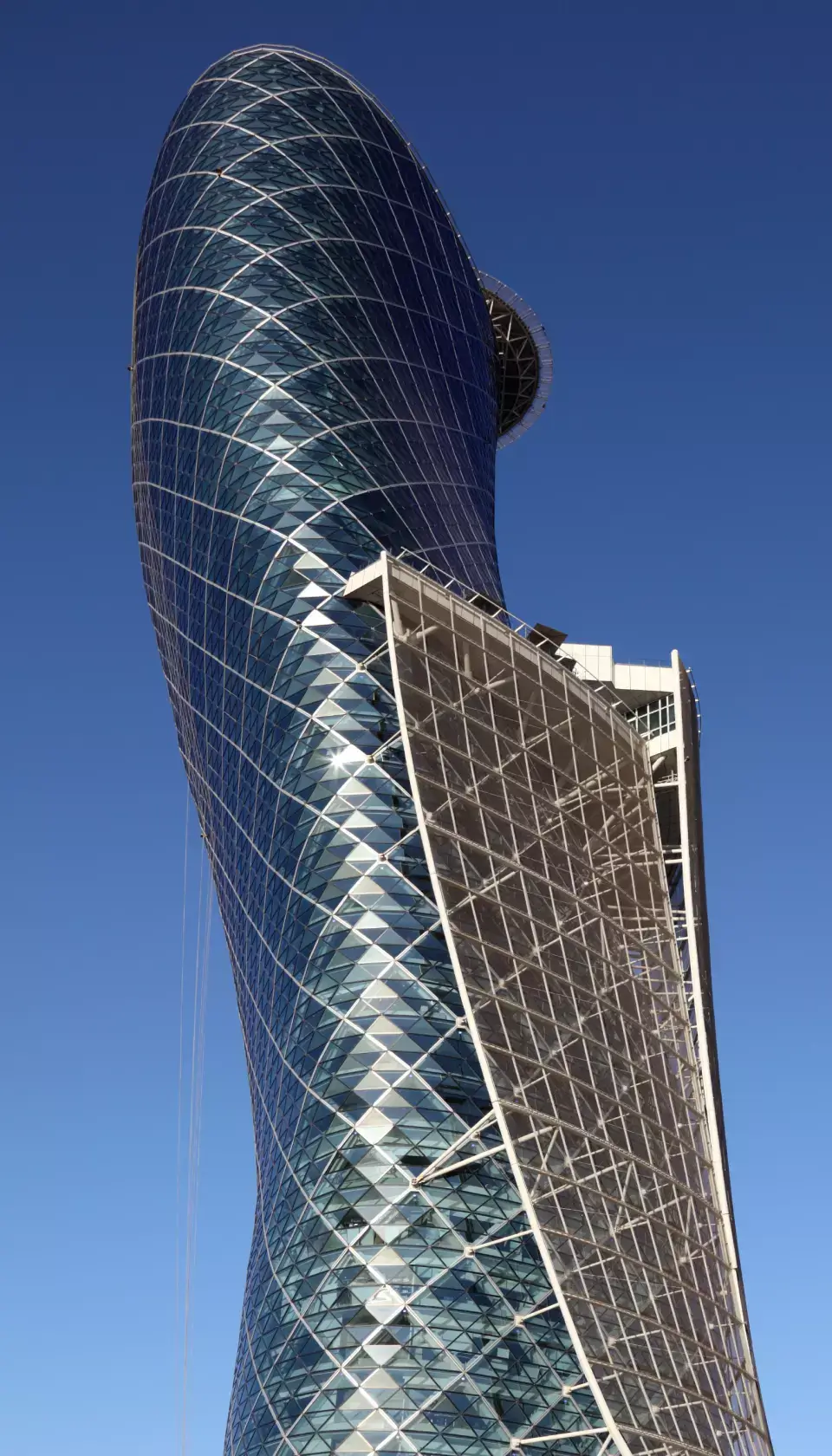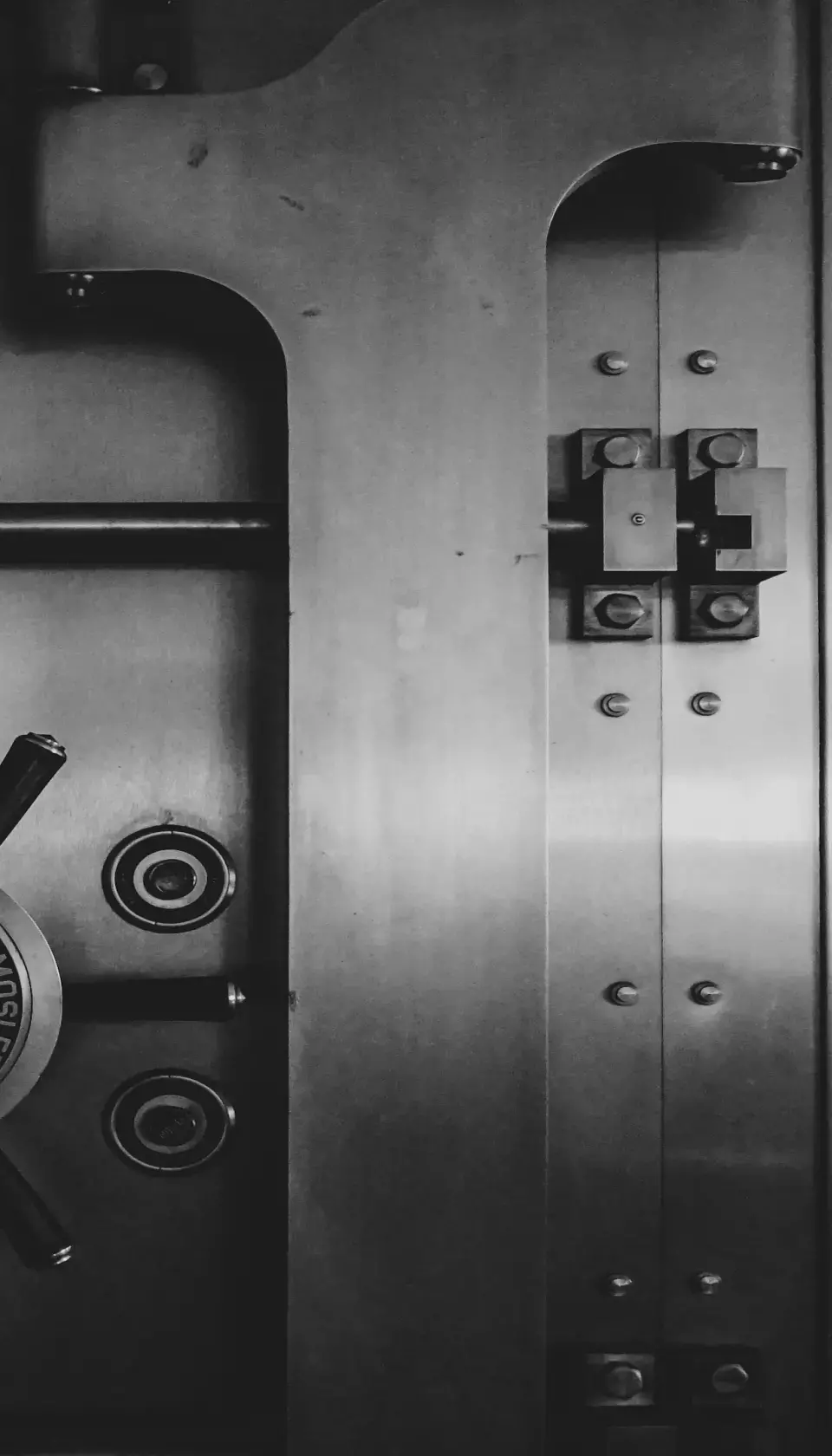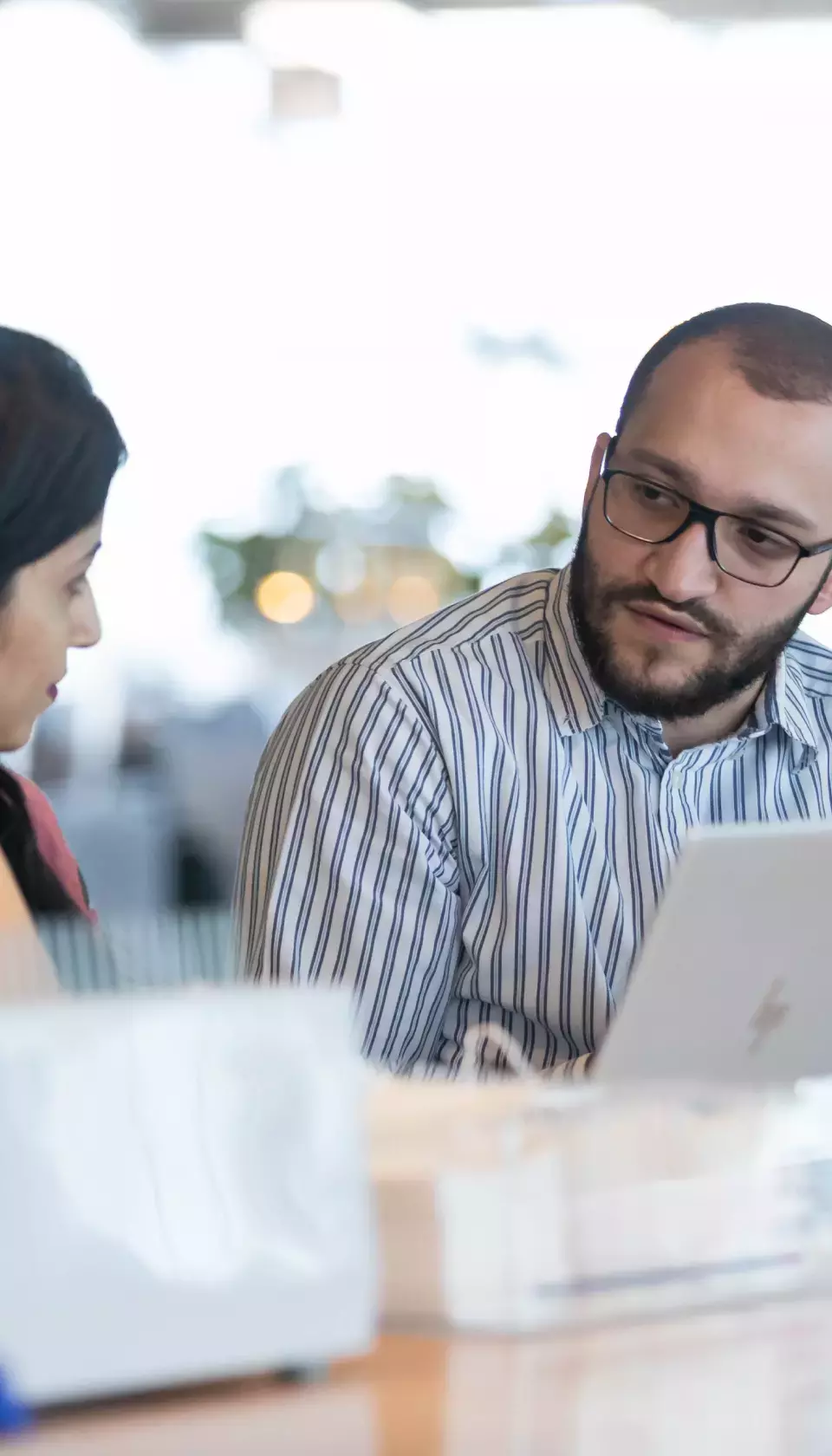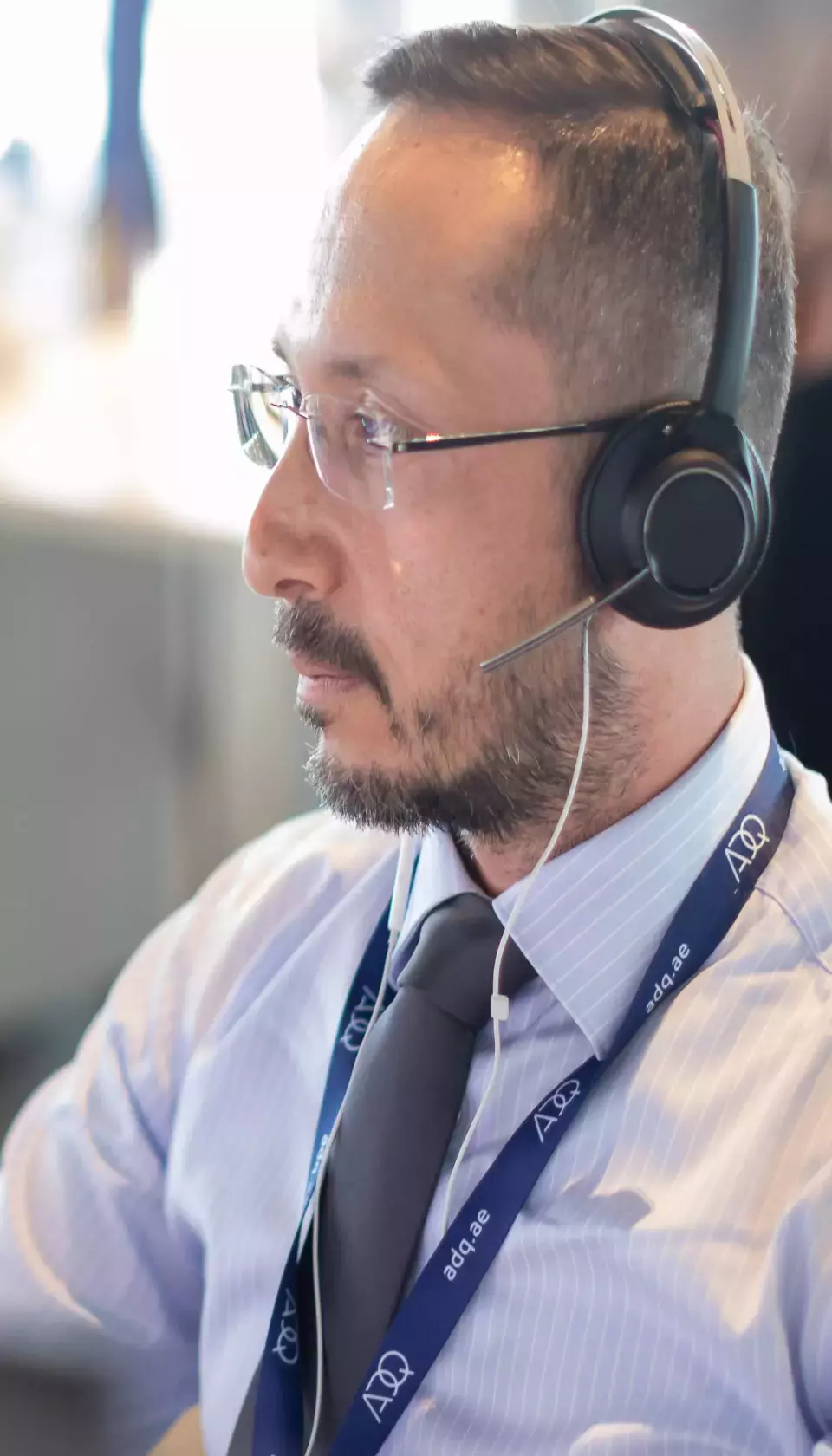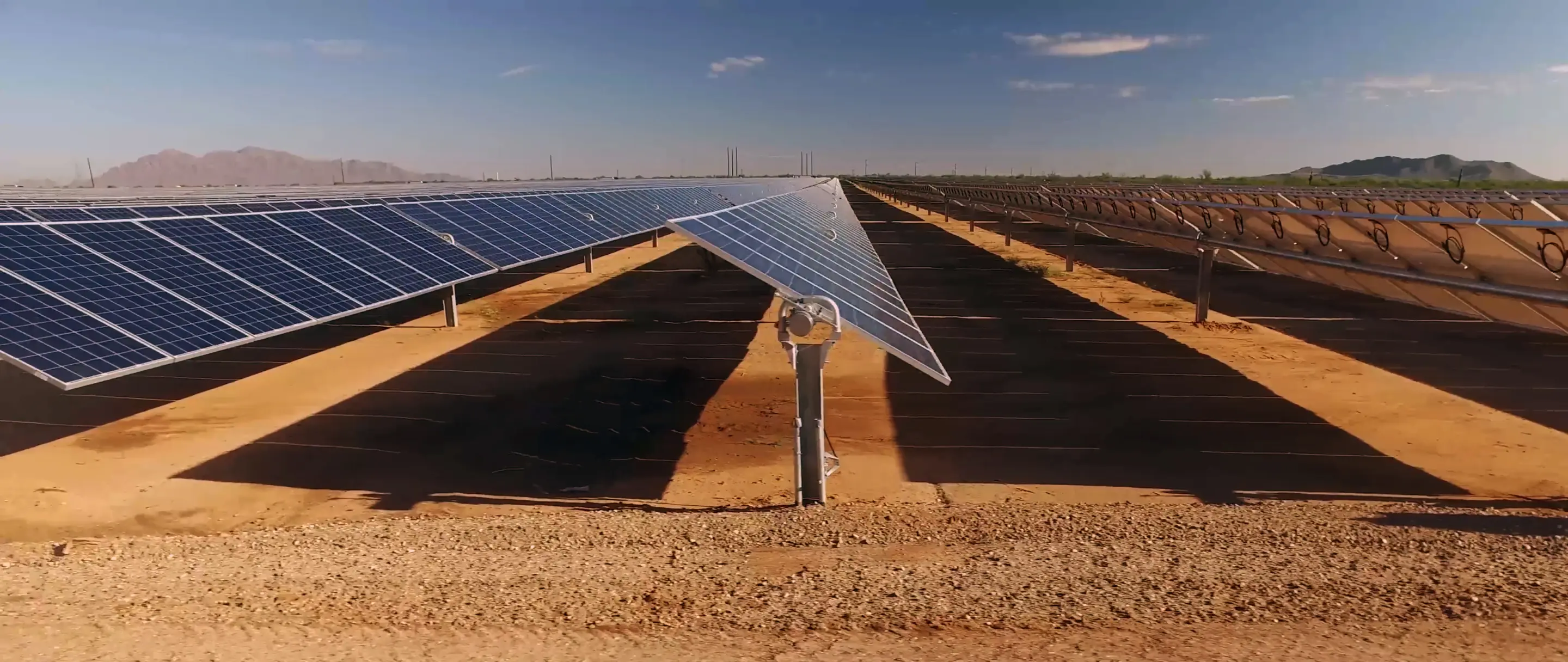A key driver of economic growth and a catalyst for social welfare and national security, energy has been a priority for policymakers for decades. The challenges faced by the world due to unprecedented energy demand and the prolonged use of traditional energy sources dominate government and corporate agendas.
The global energy transition is progressing with the UAE leading the way as it marks the ‘Year of Sustainability’ and prepares to host COP28. The UAE joins other nations in facilitating deep changes in its energy sector.
Over the past decade, the UAE has made great strides towards an increasingly sustainable energy. Besides substantial investments in clean energy and emerging technologies, the UAE became the first Arab country to embrace nuclear energy. It has also established the world’s largest solar parks and achieved globally competitive rates.
The nation’s goal to generate 50 per cent of its energy from clean sources by 2050 is well within reach.
The ongoing transition is not without hurdles. While clean energy capacity continues to rise, the most prominent challenge remains reliable transmission and distribution. The changed energy mix has impacted the resiliency of the electric grid, exposing its vulnerability.
Capping fluctuations
Unlike traditional power plants that generate constant power output, renewable power sources like wind and solar have intermittent production, causing fluctuations. As the percentage of clean energy increases, fluctuations can cause outages or damage to the grid infrastructure.
Managing these fluctuations and maintaining grid stability during this transformative era requires a approach that prioritizes innovation across all aspects of grid resiliency, from generation and storage to distribution and transmission. To achieve this, the scale of capital required in is unprecedented.
As the percentage of renewables is on the rise, consensus among experts is that the best path is to incorporate many different forms of renewable energy resources. While Taqa’s 2GW Al-Dhafra Solar Photovoltaic project with the capacity to power approximately 160,000 UAE households is developing towards becoming the world’s largest solar power project, the UAE’s Barakah nuclear power plant is providing safe and reliable power round the clock to support clean energy development nationwide.
Battery energy storage
Smart, timely investments also play a critical role in energy storage, reducing the reliance on fossil fuel-based peaking plants. R&D of storage technologies that accommodate the variable nature of renewable energy sources continue.
But building battery energy storage systems at grid-scale is the real challenge. Renewable energy, such as solar power, can charge those systems. The UAE plans to develop such systems at scale, enhancing network stability and providing operating reserves while improving system operability overall.
Decarbonizing electricity generation and investing in next-generation storage technologies are only initial steps. Achieving Net Zero requires resilient transmission and distribution networks. There is a clear case for financial initiatives supporting infrastructure upgrades with advanced materials and components, which can enhance capacity and efficiency, accommodating higher levels of renewable energy generation.
Efforts should also extend abroad as stronger regional grid integration enables the sharing of surplus renewable energy, thus creating a larger, more flexible energy market while reducing reliance on fossil fuel-based backup generation.
In Abu Dhabi, Taqa plans to invest $10.9 billion in expanding the local transmission and distribution network as part of the company’s vision to increase the share of power generation from clean sources to more than 30 per cent by 2030.
Smart grids
Such efforts are ideally complemented by investments in smart grid technology, including advanced metering infrastructure, sensors, and data analytics. These technologies improve monitoring and control of the grid, facilitating efficient integration of renewable energy sources.
As part of its smart grid journey, Abu Dhabi Distribution Company has already automated over 70 per cent of its primary substations, with plans to automate more. Promoting distributed energy resources like rooftop solar panels and electric vehicle charging stations can also reduce transmission and distribution losses while lowering emissions.
Globally, over $130 trillion of investment in clean energy and sustainable infrastructure is required by 2050 to address major climate challenges. While world leaders must act to reduce carbon output, we must simultaneously invest in all components of grid stability to unlock a cleaner, more efficient, and reliable energy landscape that supports future generations.
Direct to your inbox
ADQ News and Insights delivered directly to your inbox


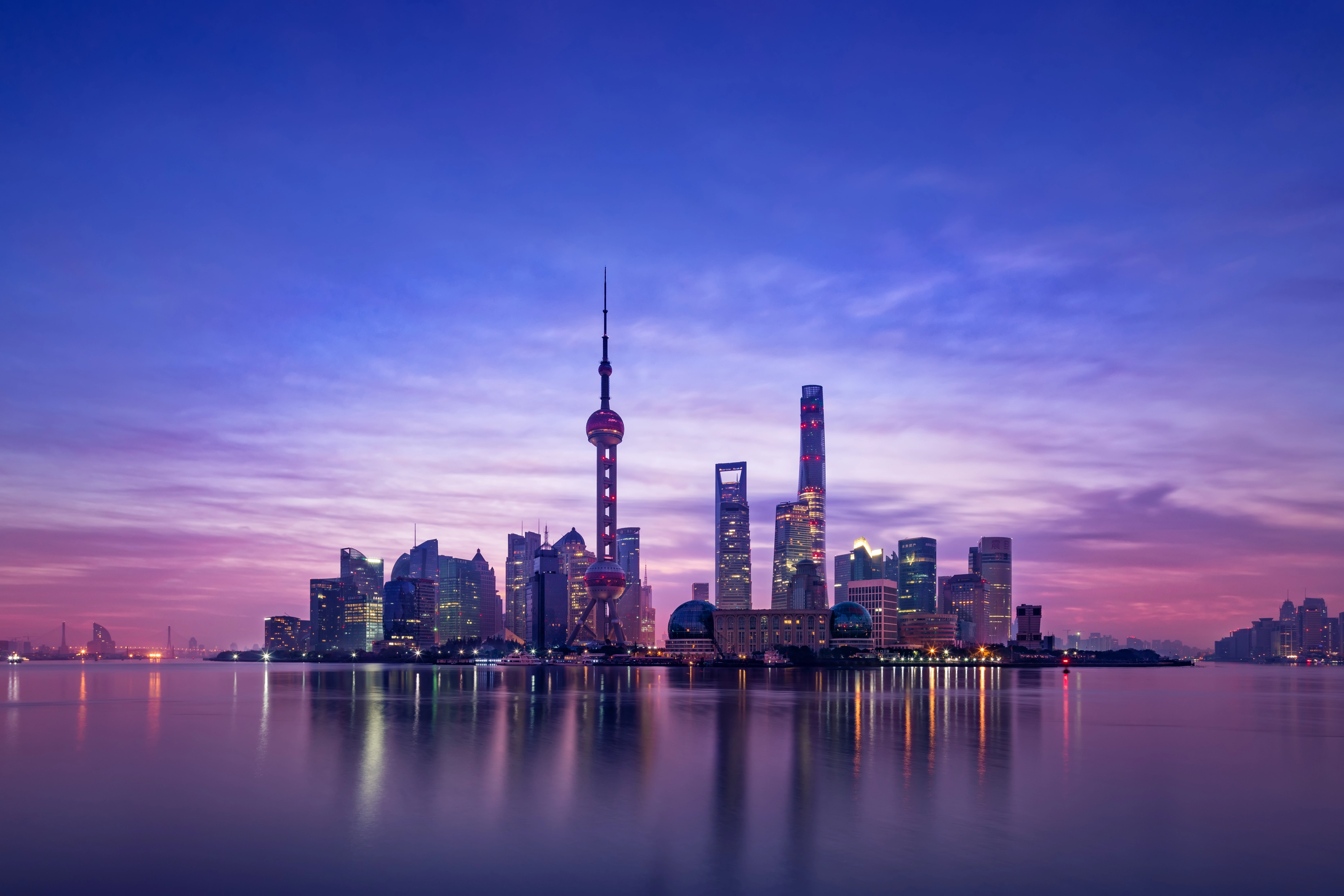
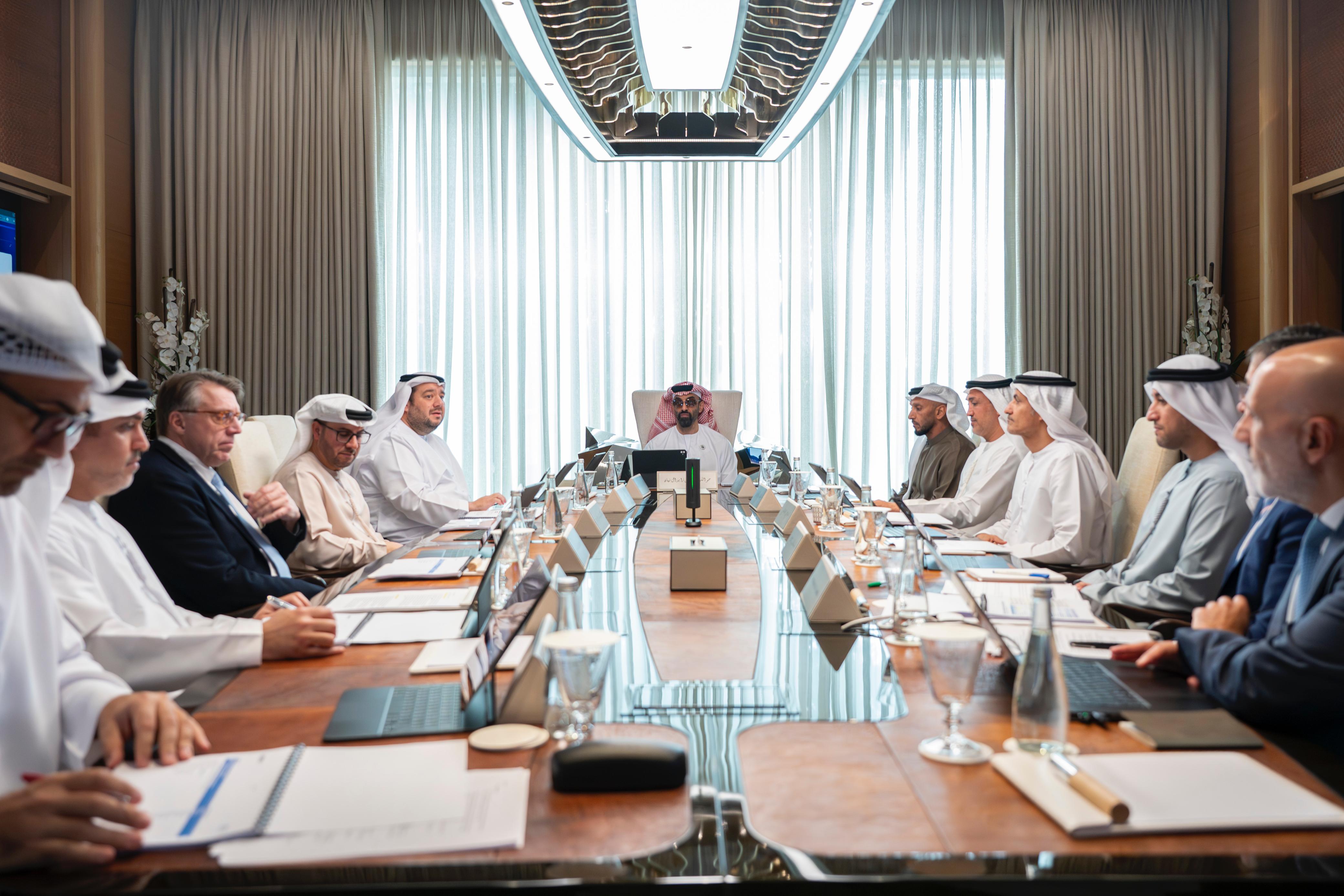
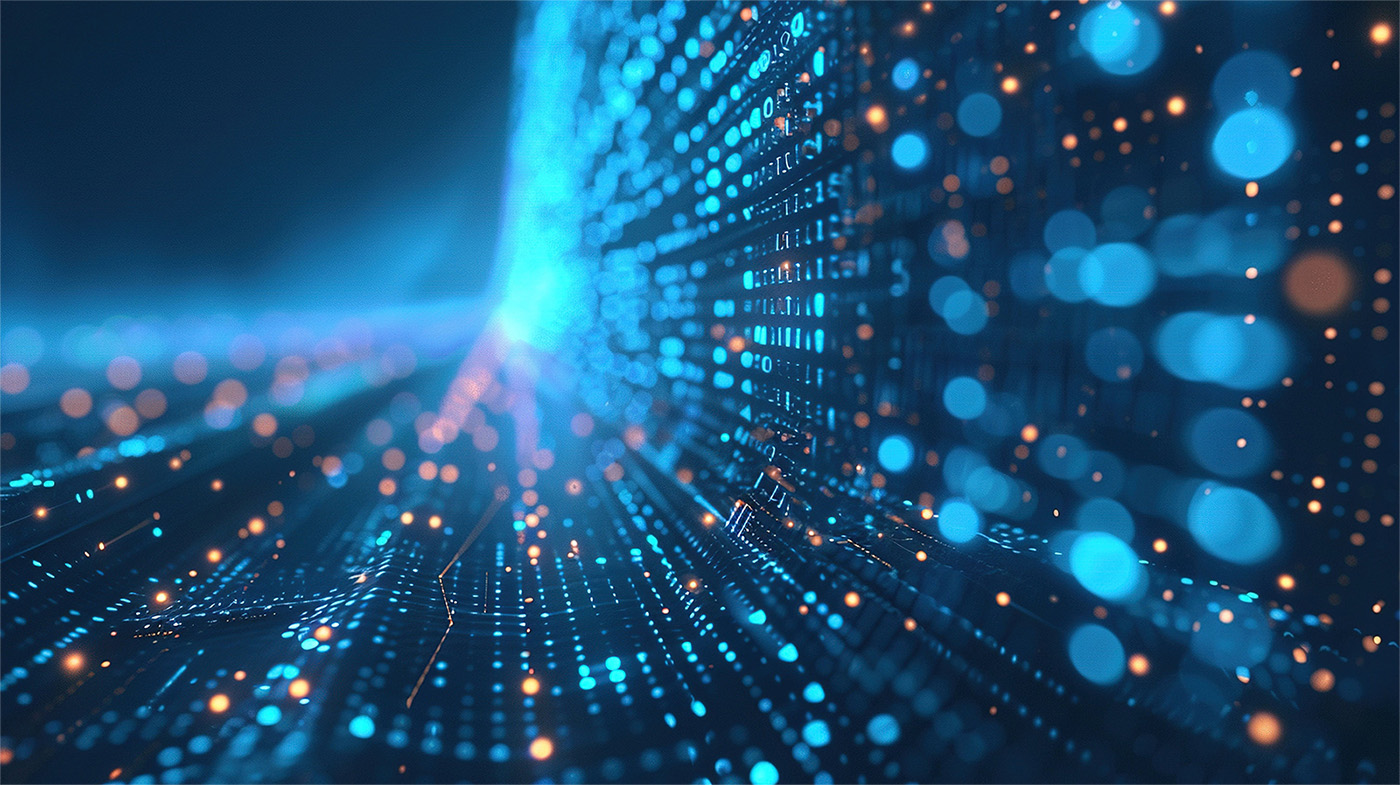
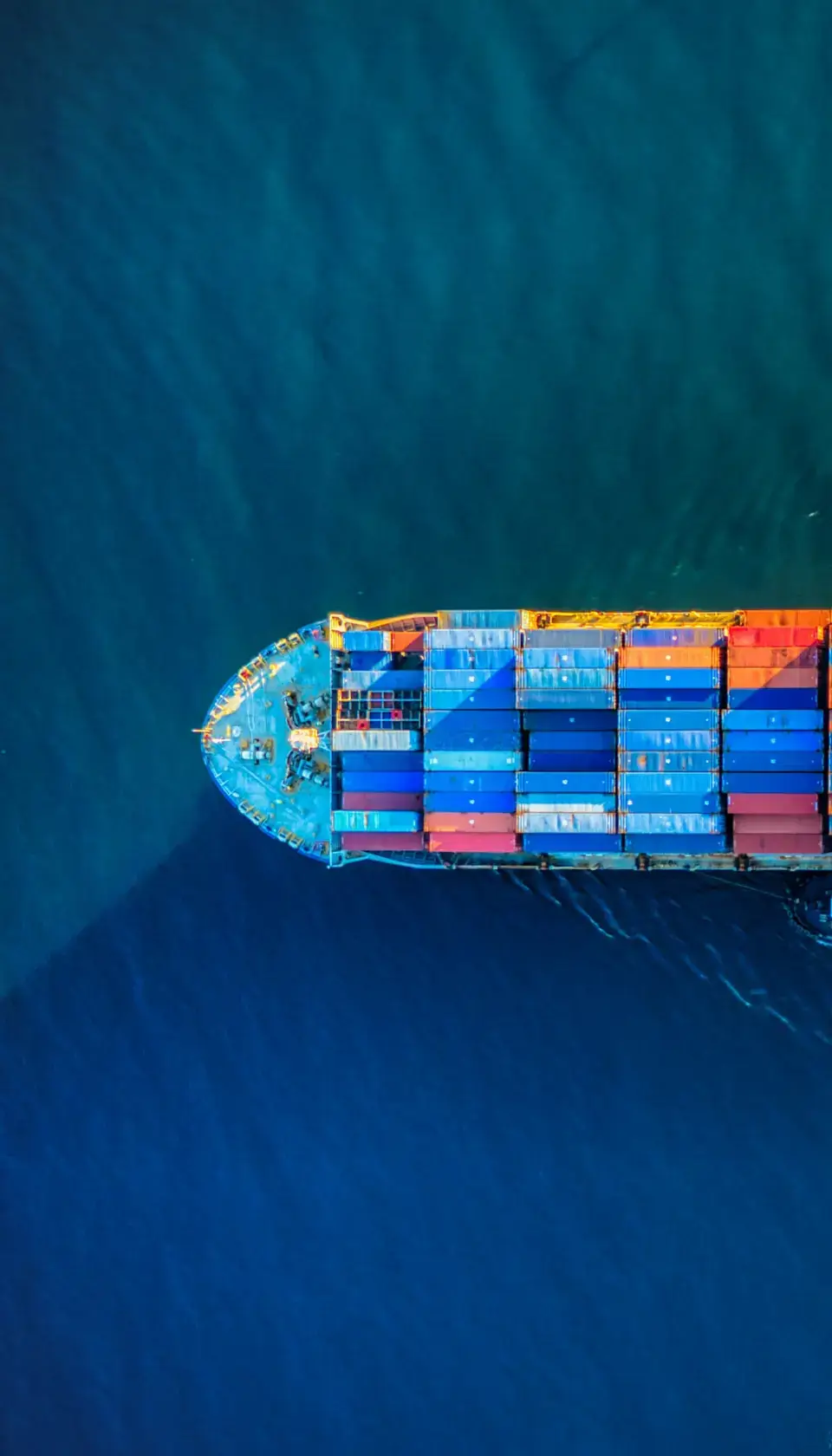
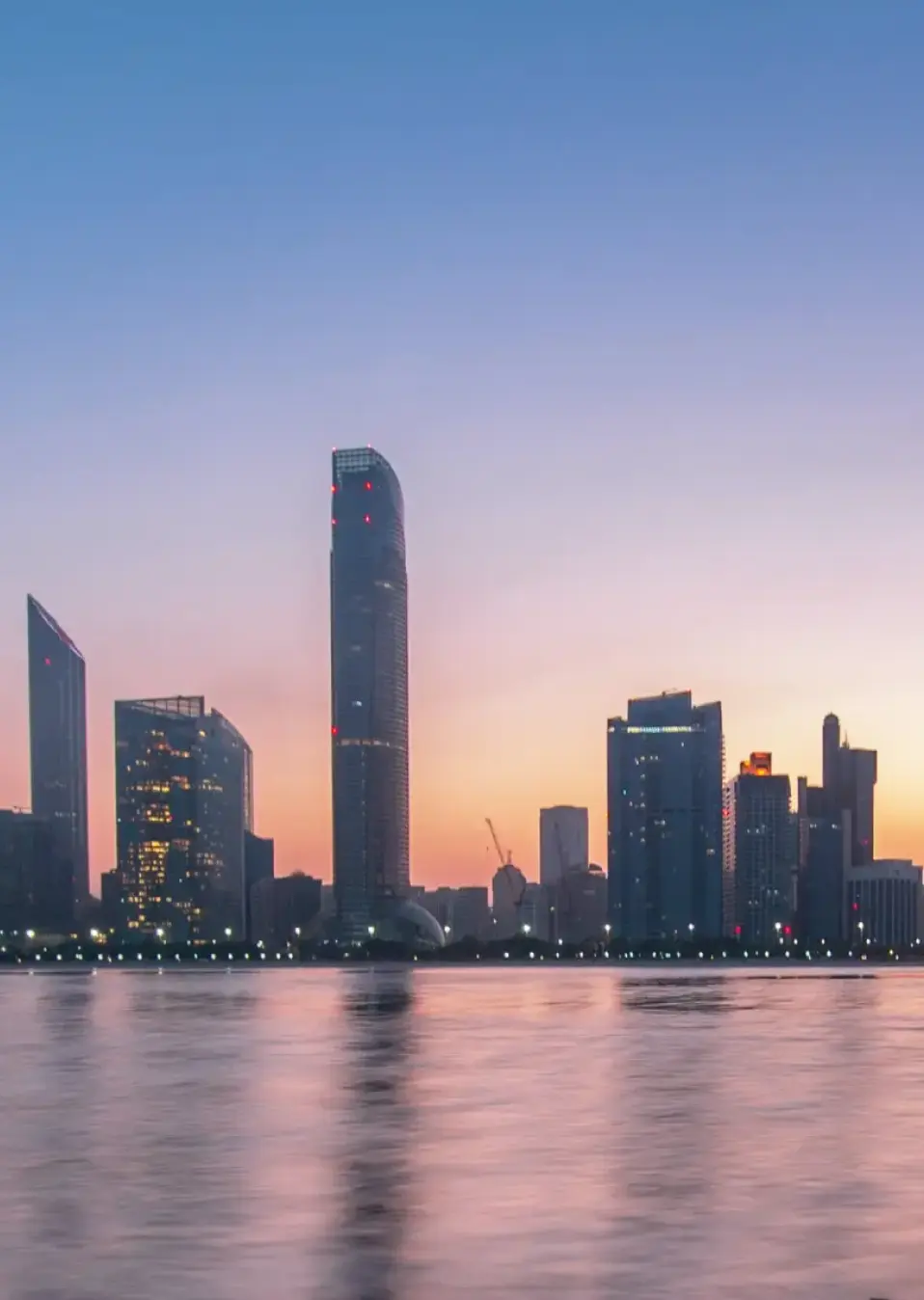
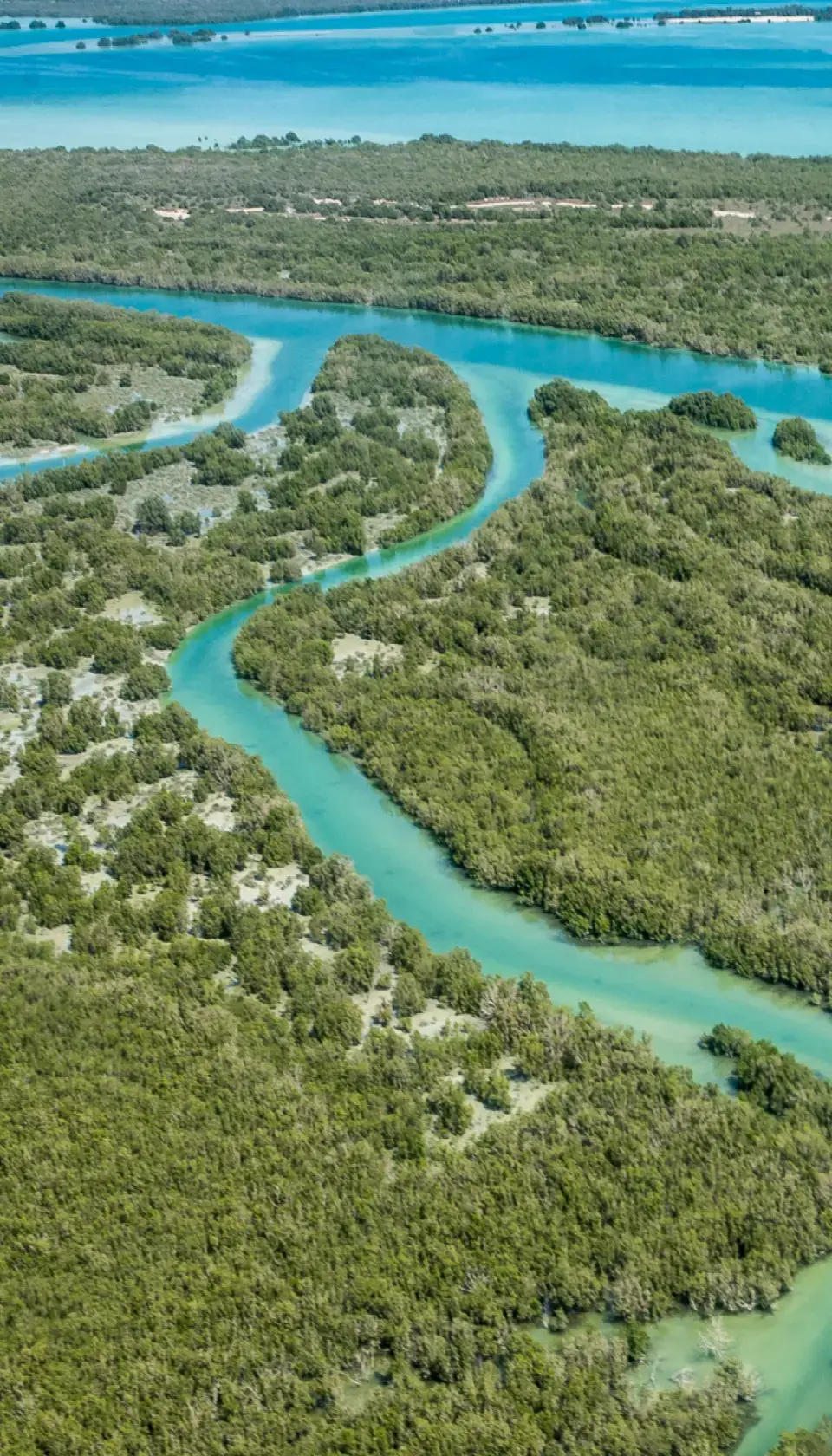
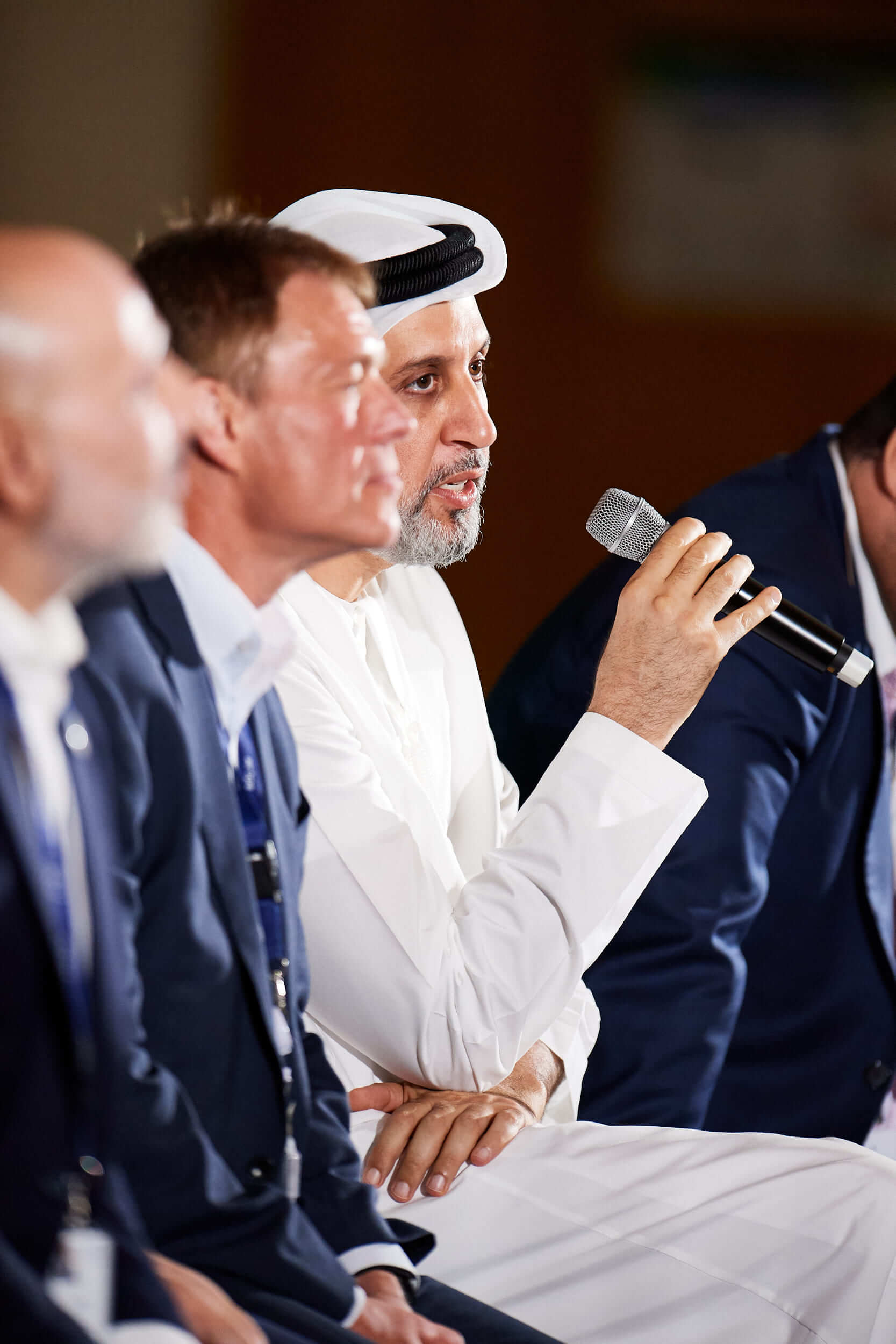
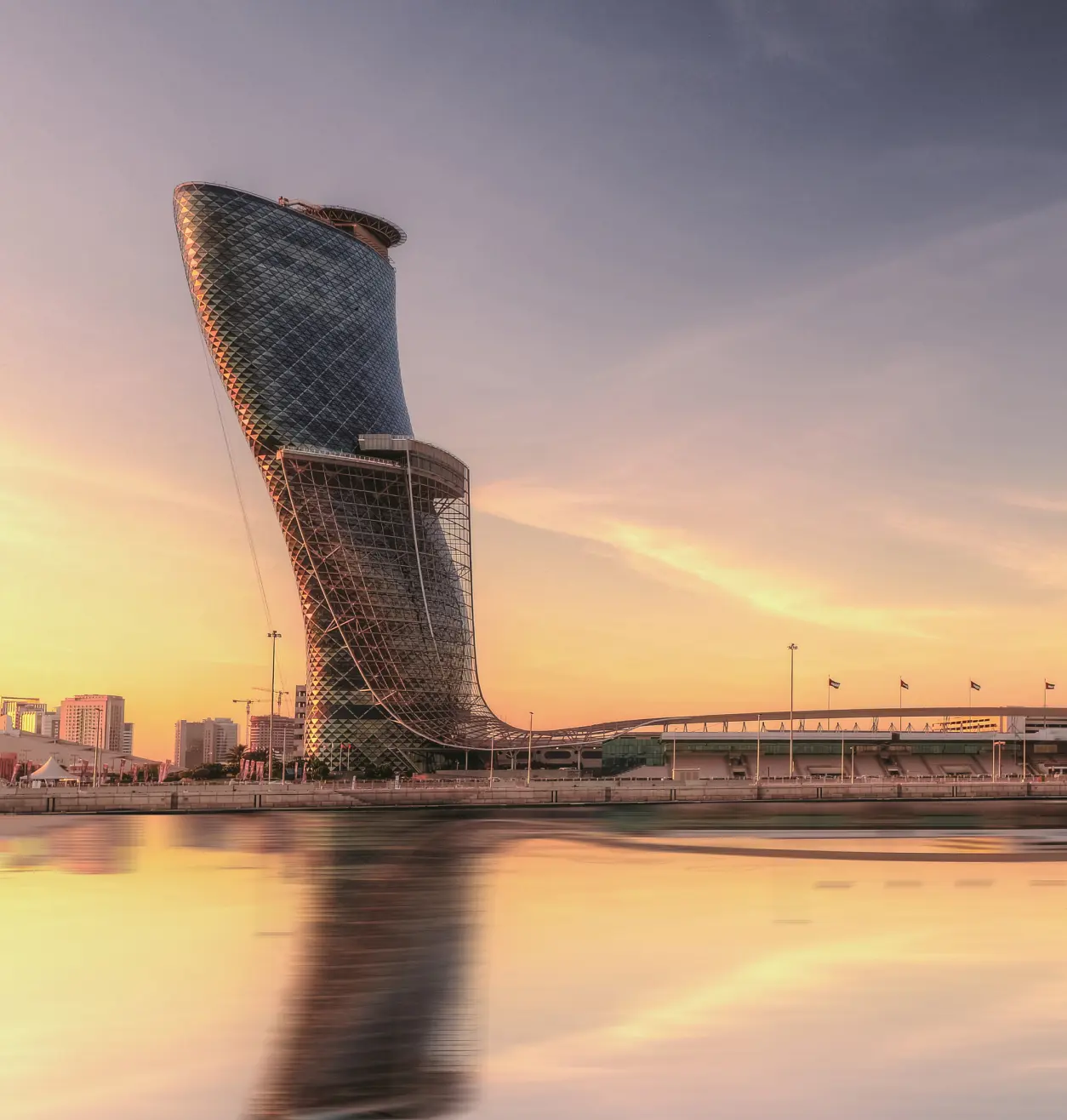
.jpg)
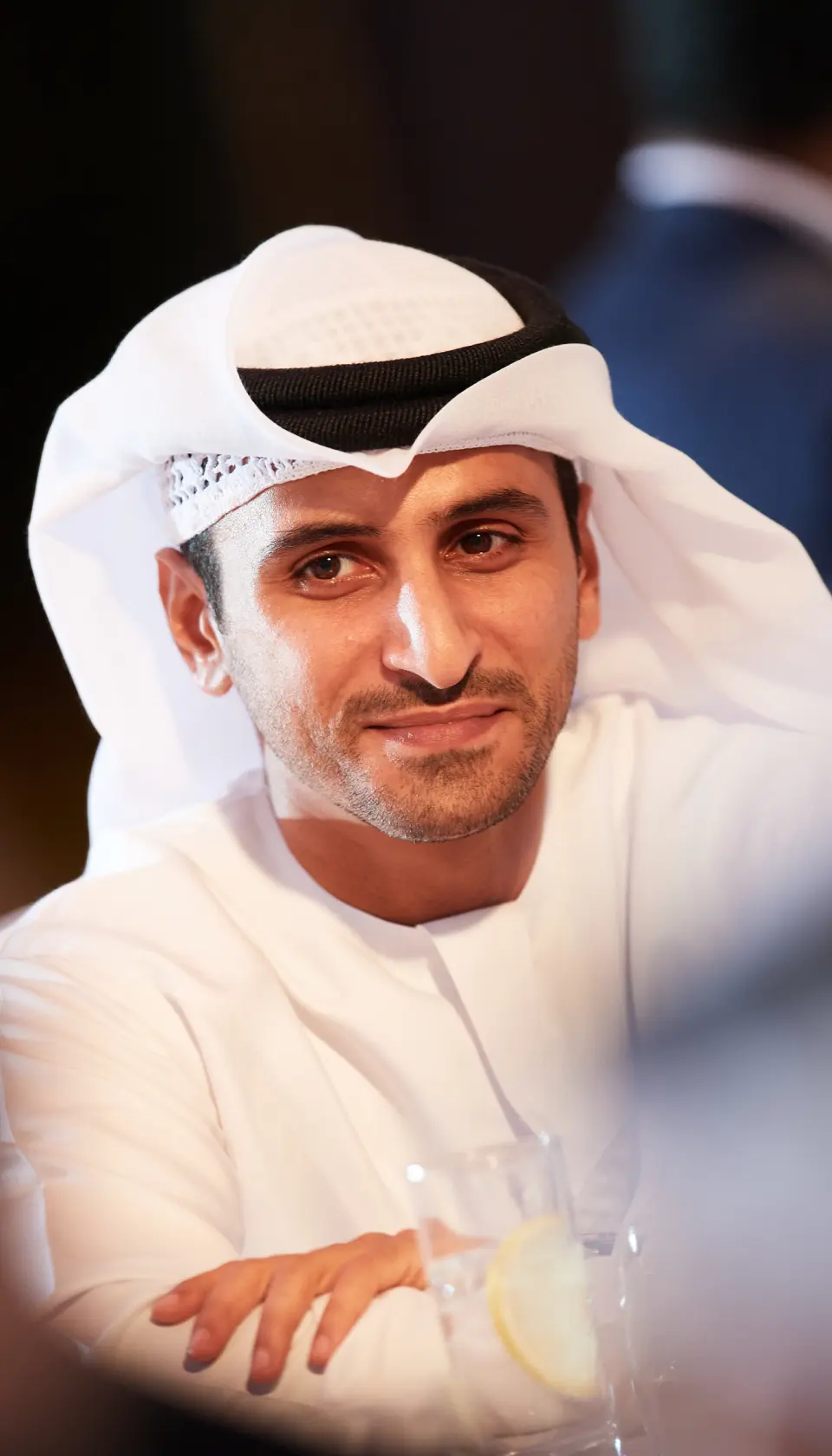
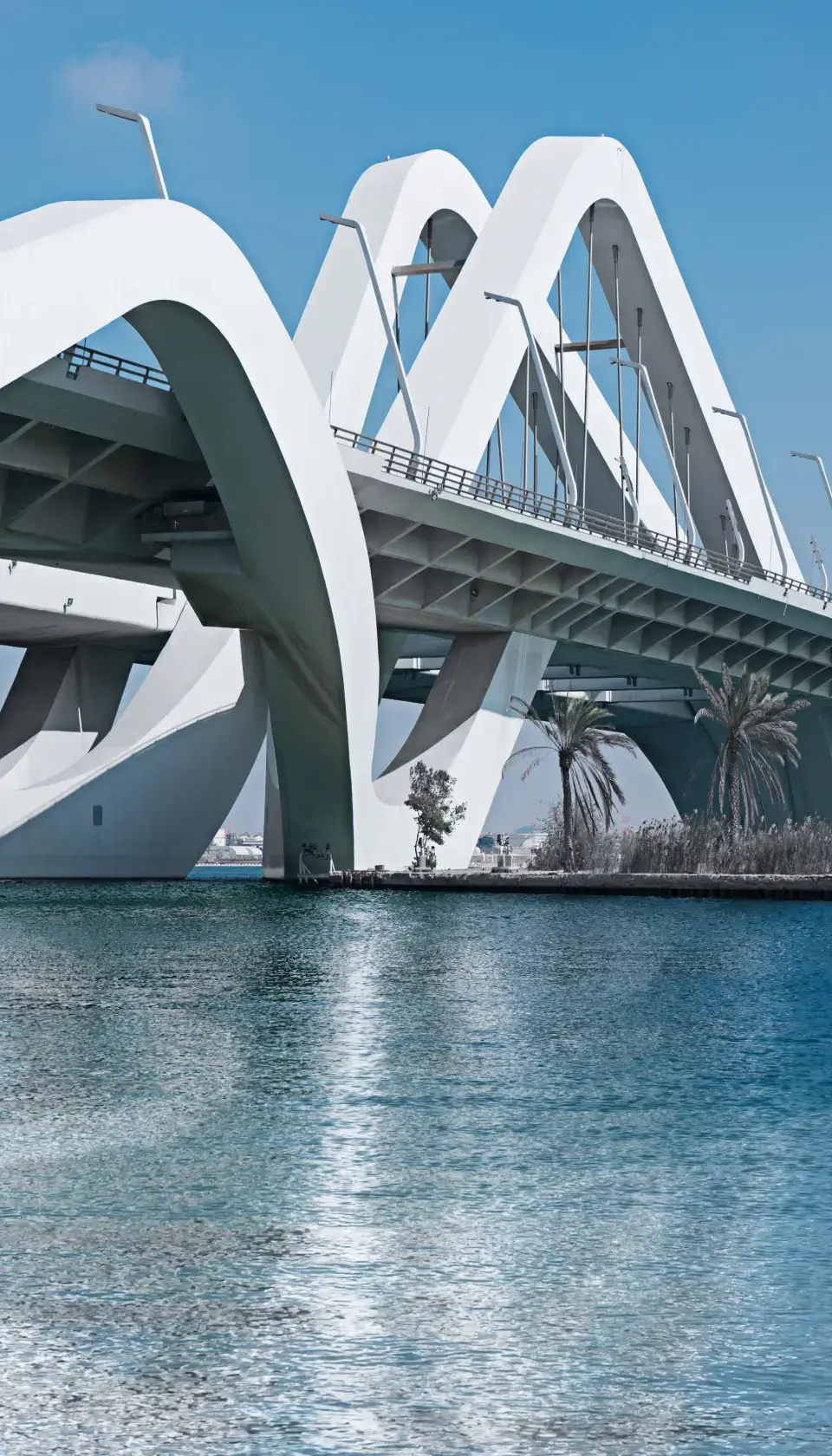
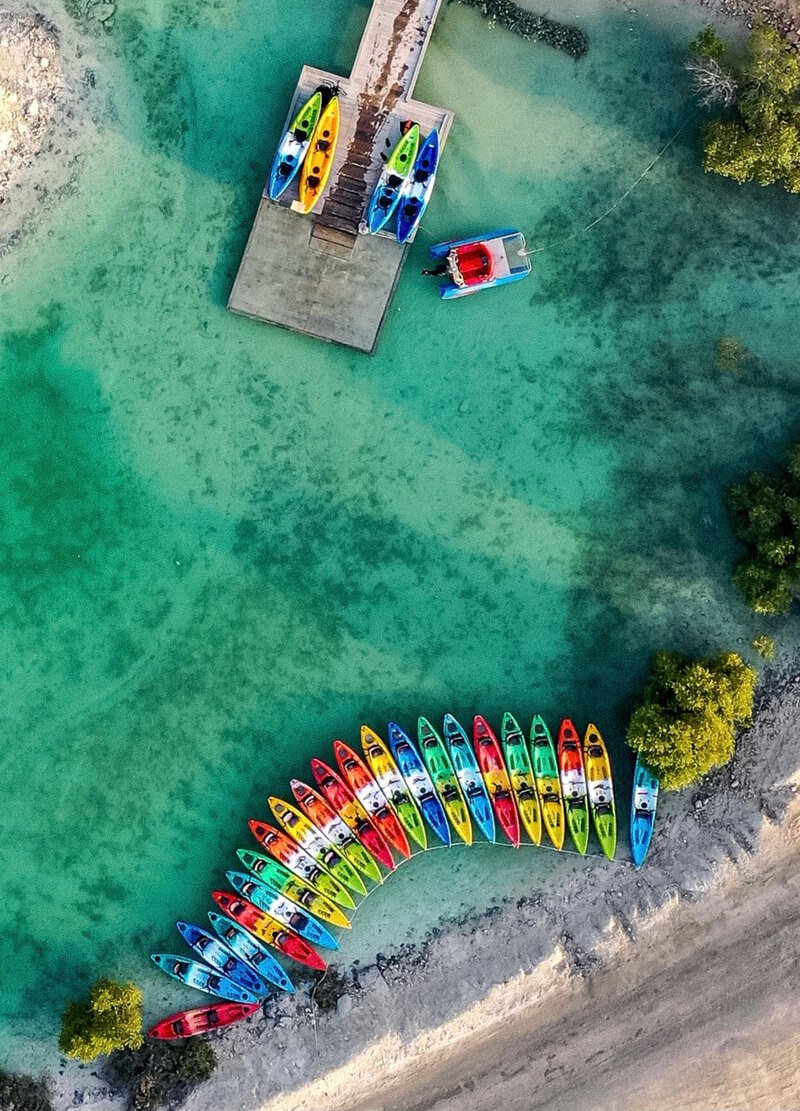
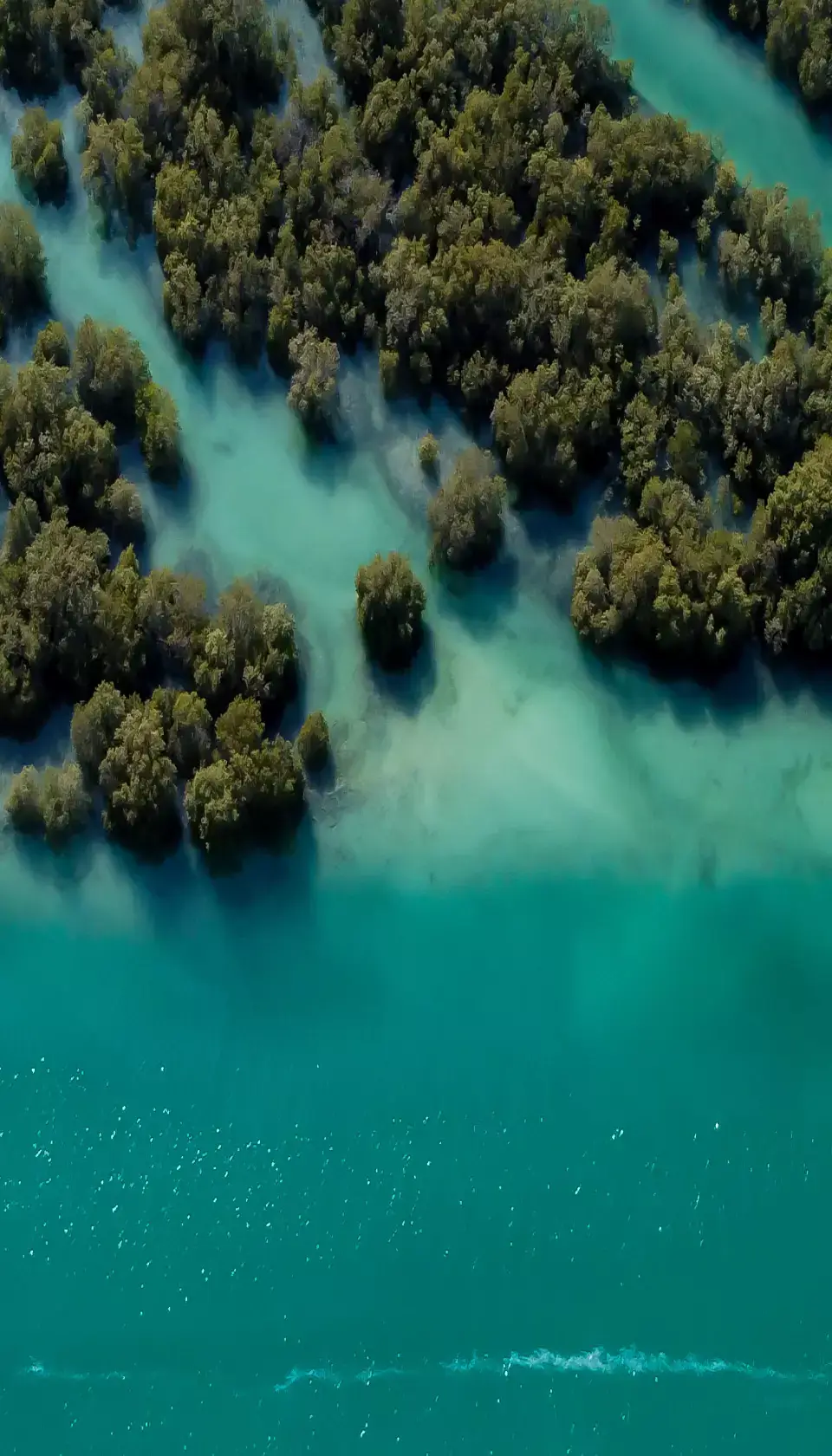
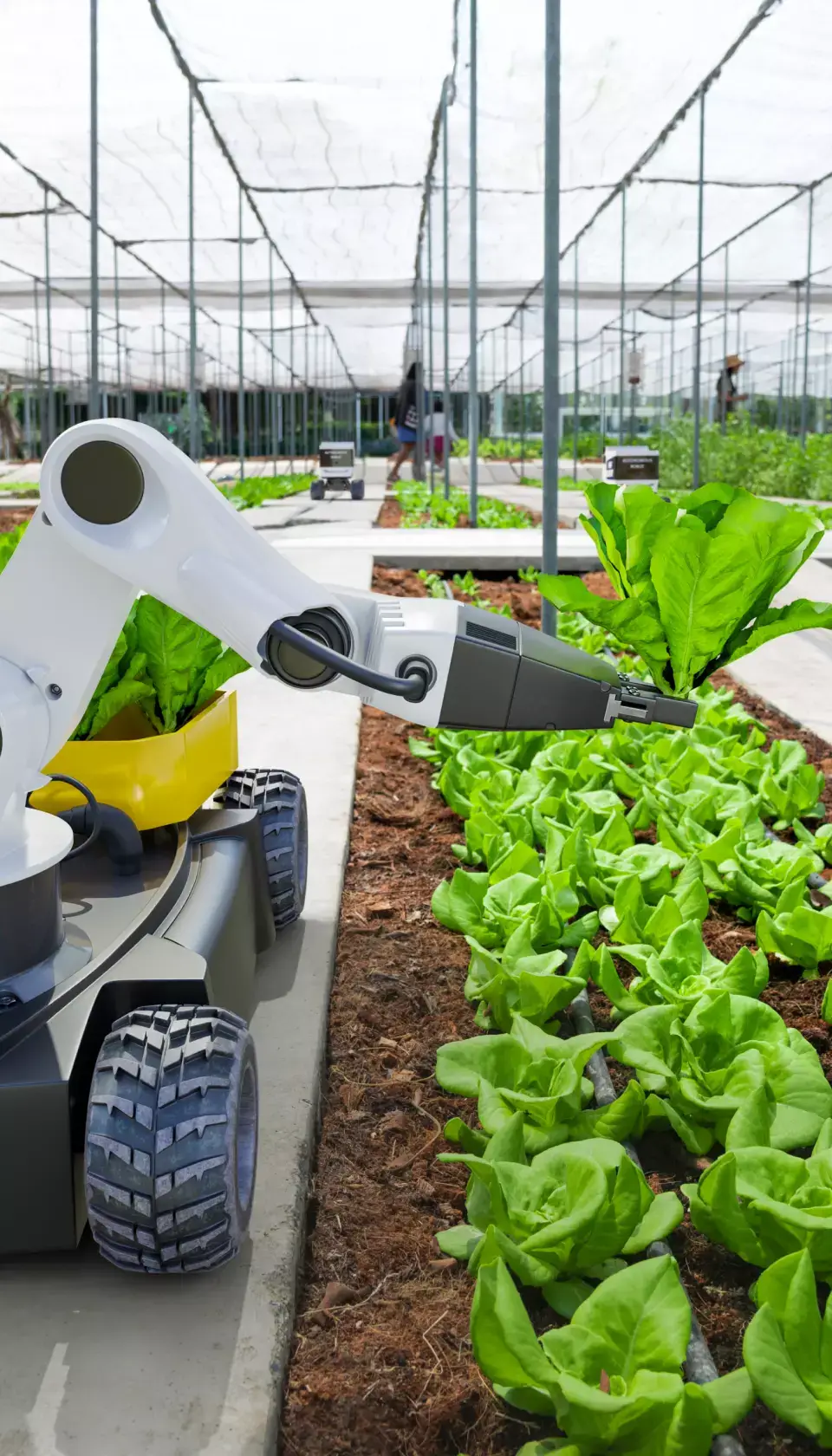
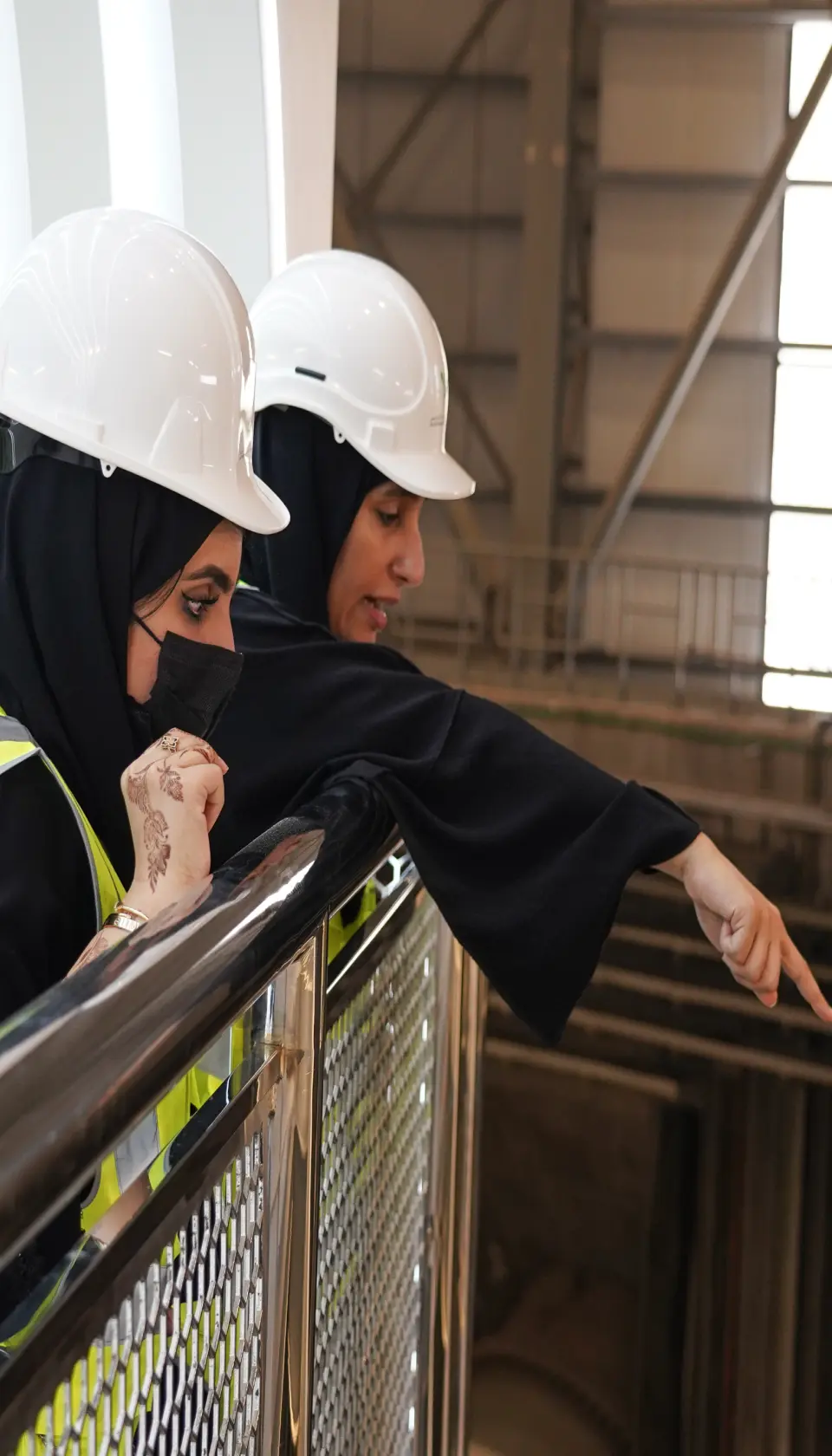
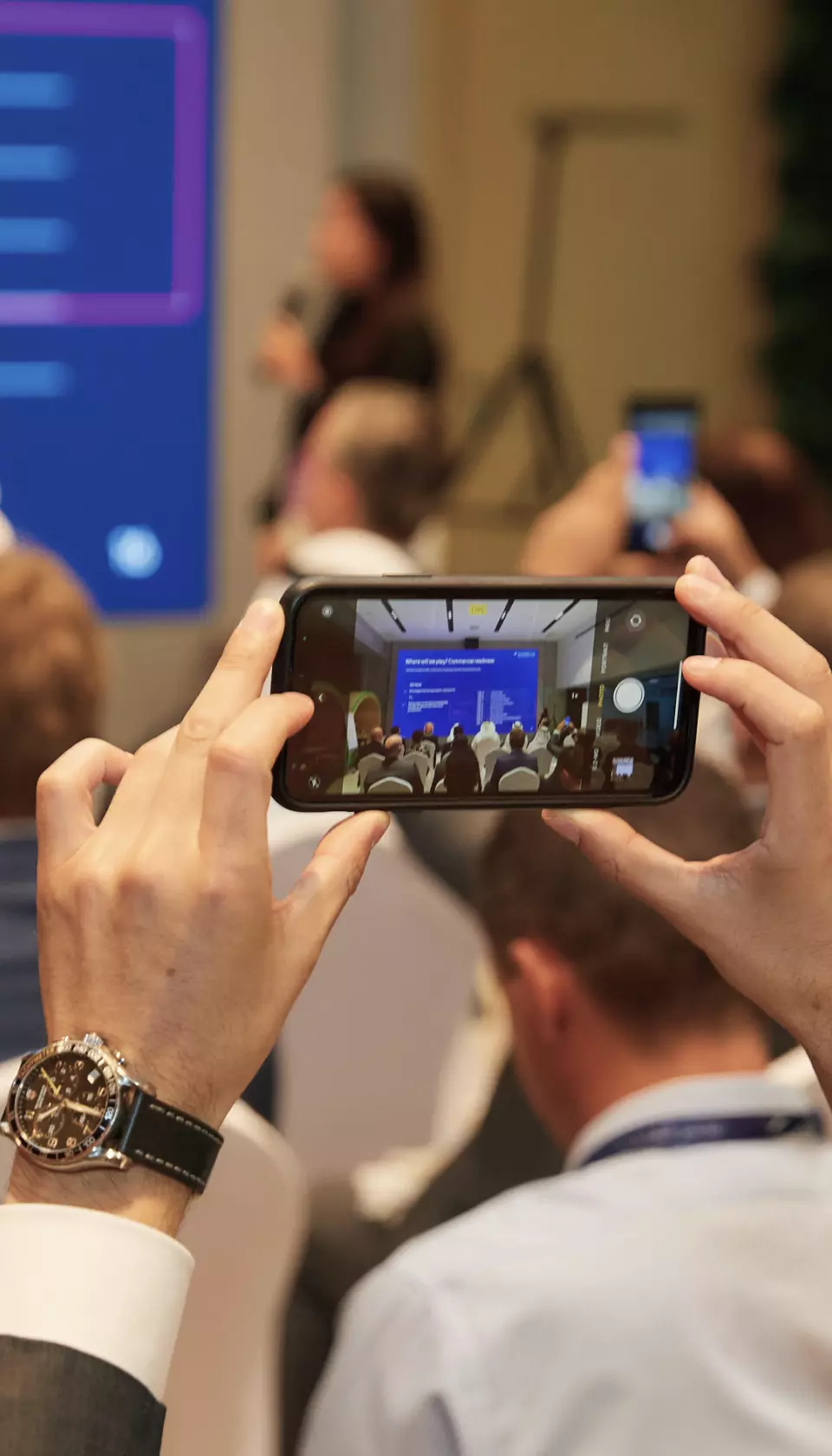
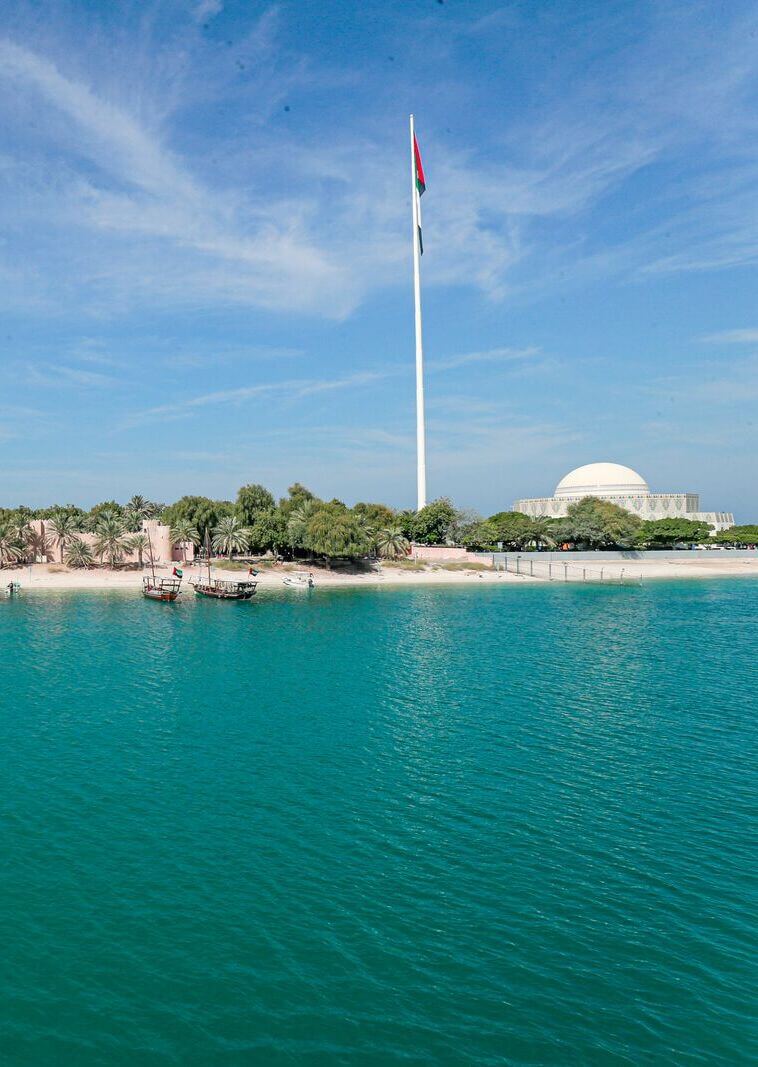
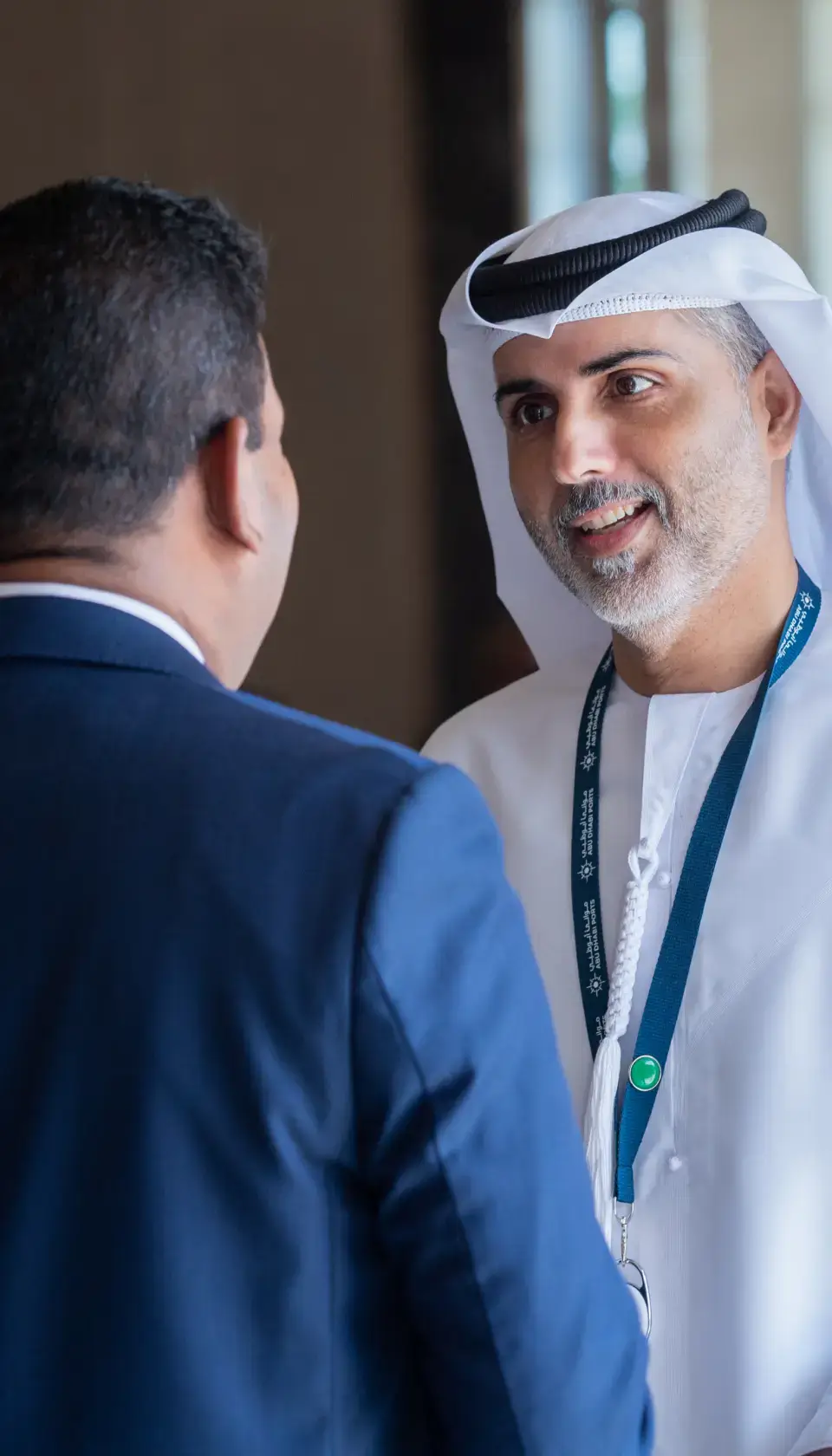
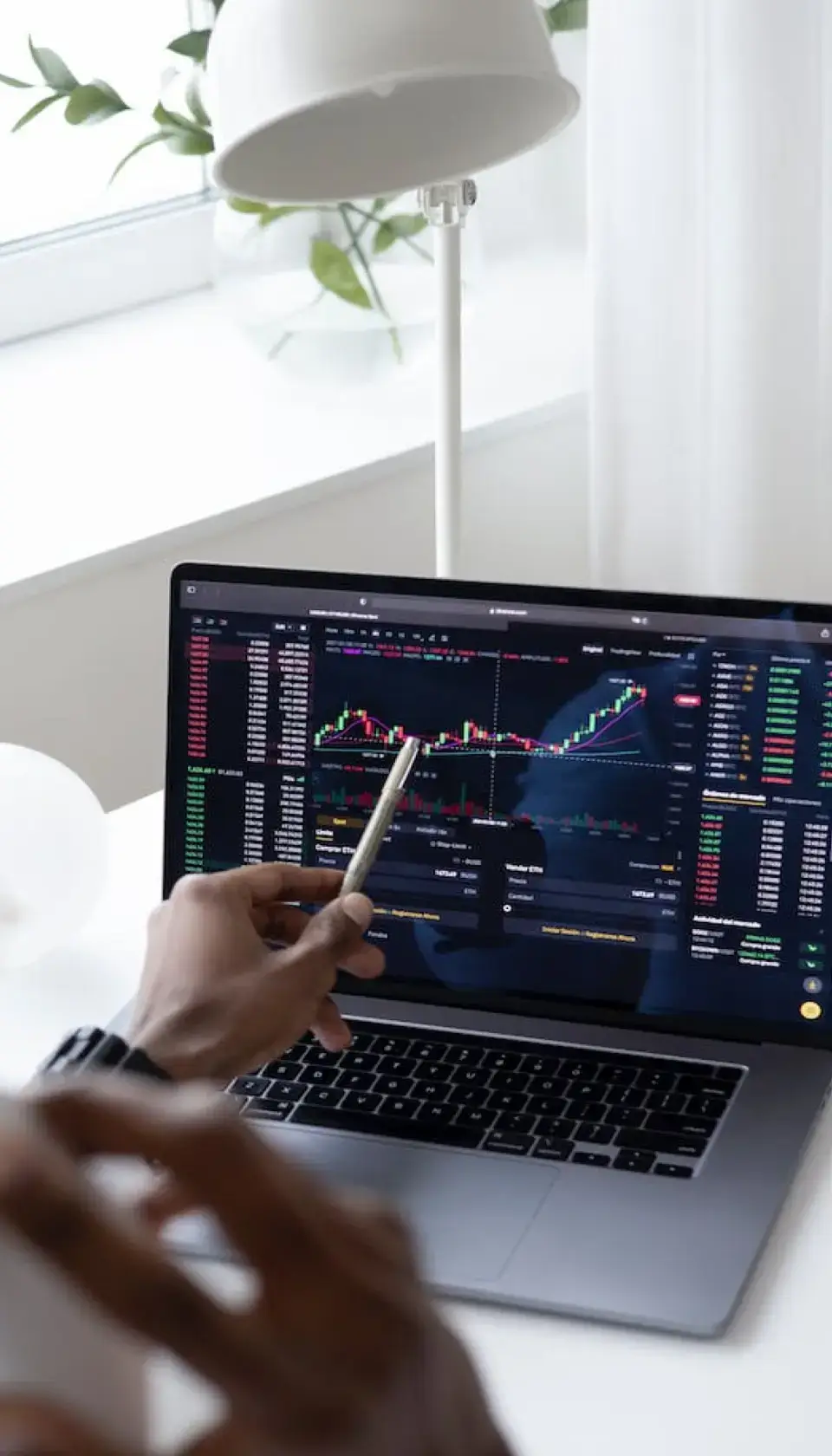
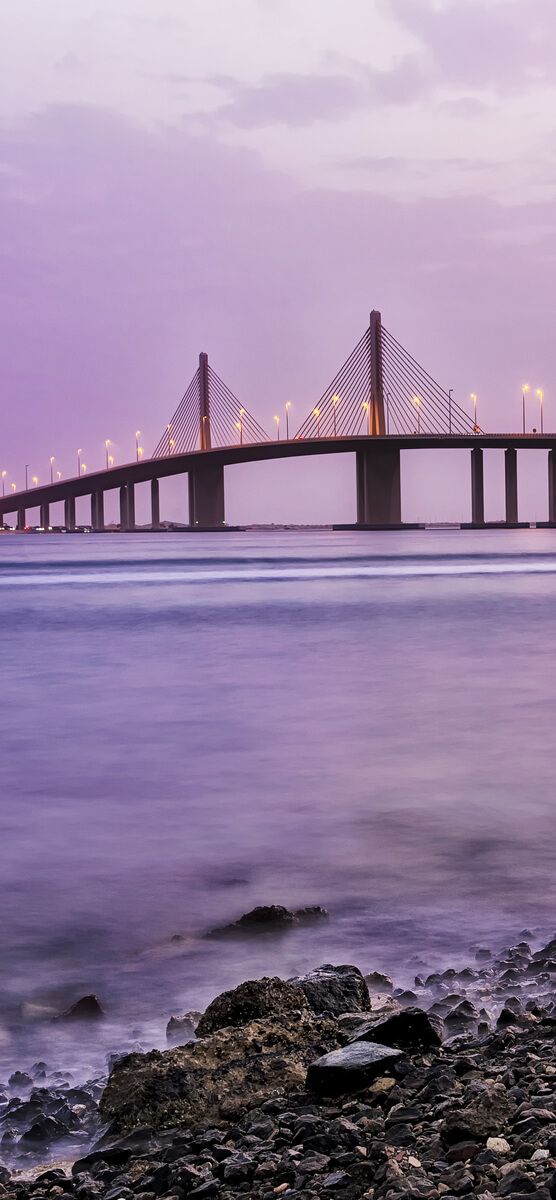
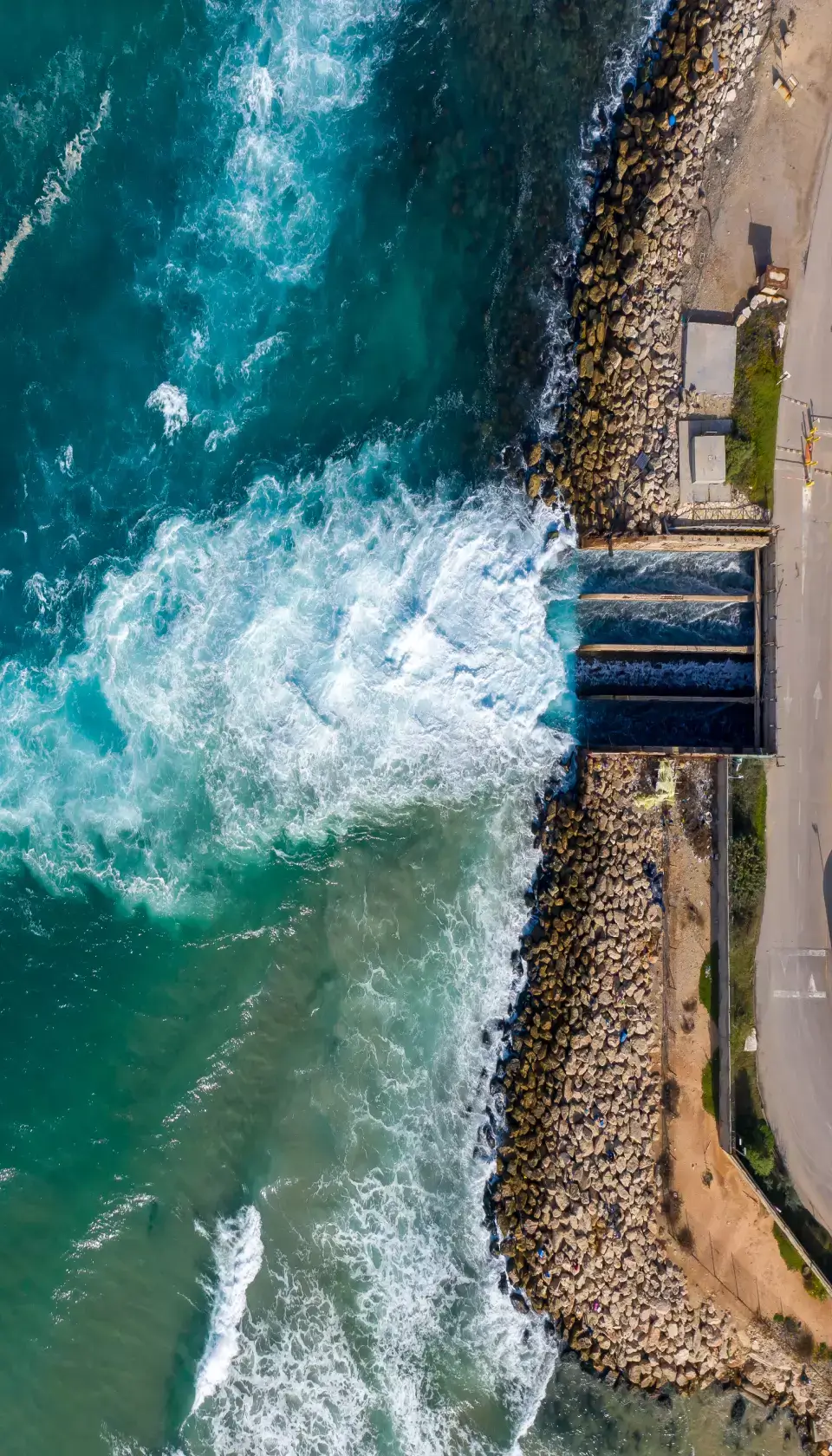
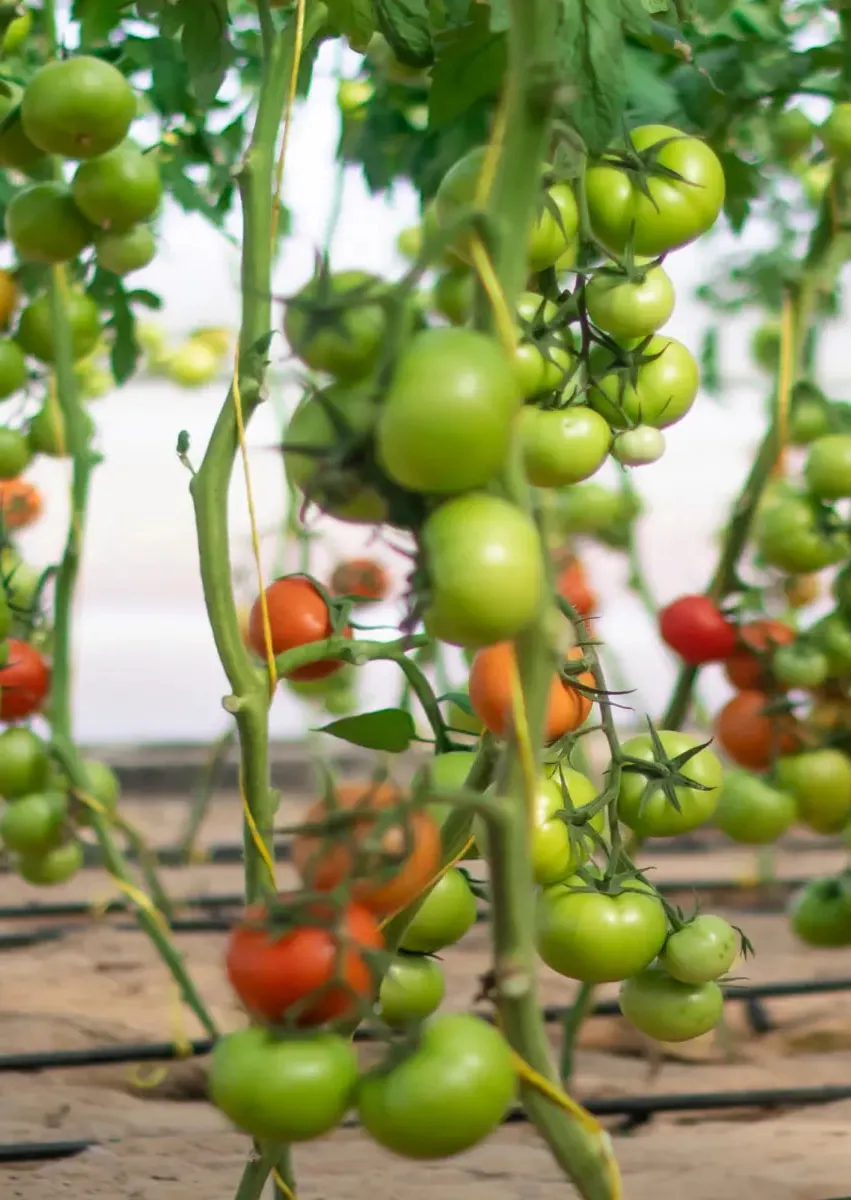
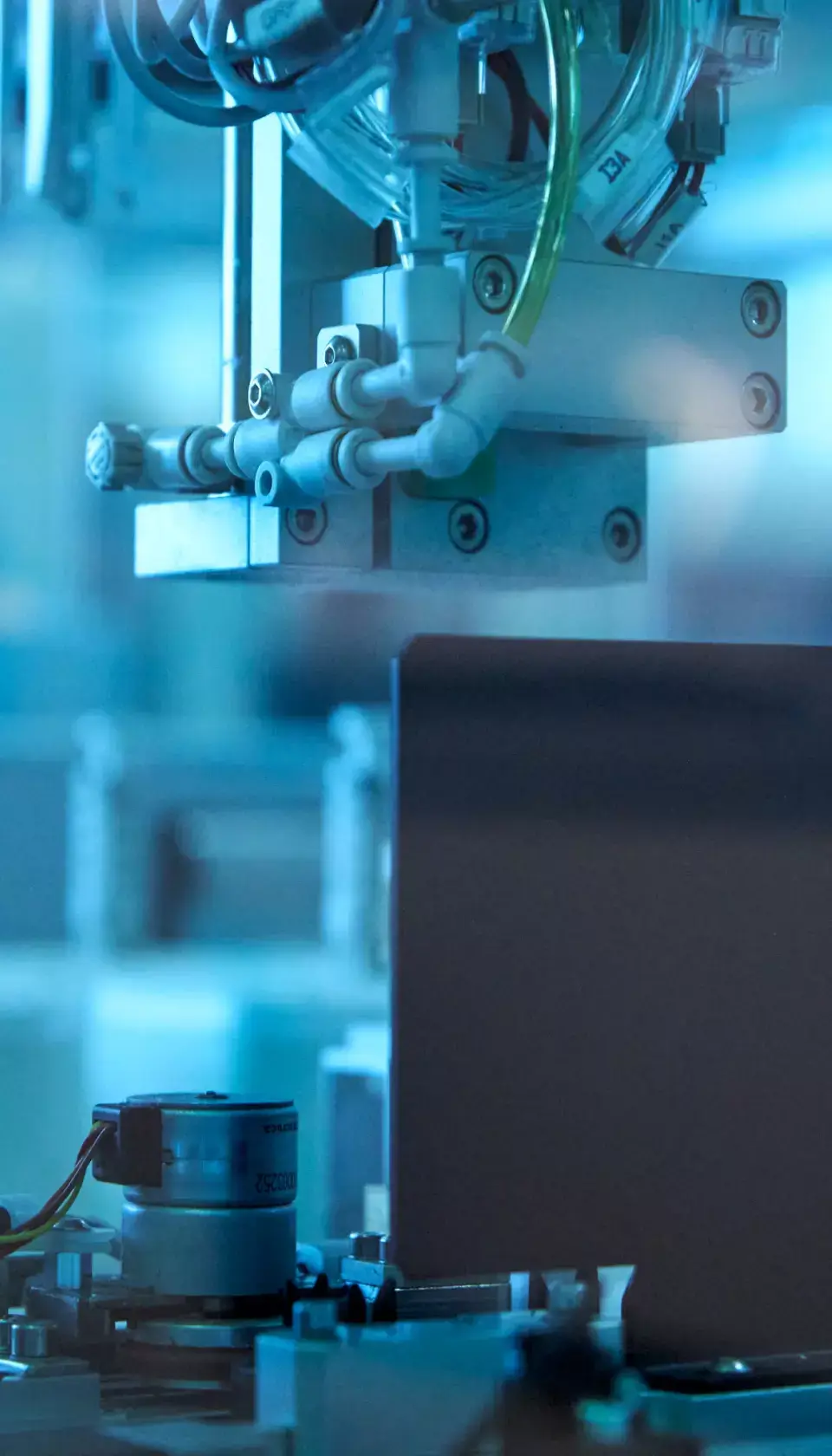
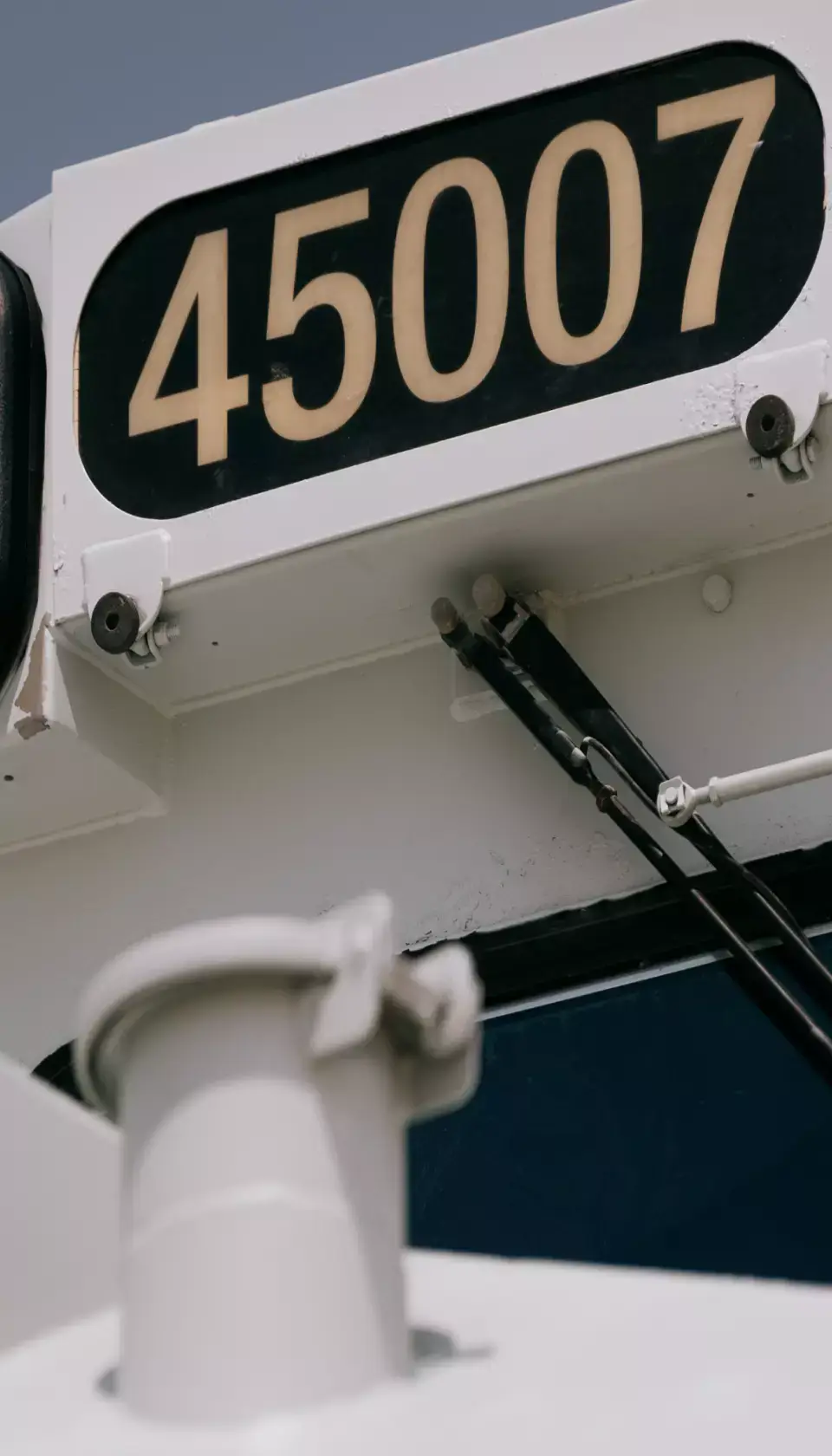
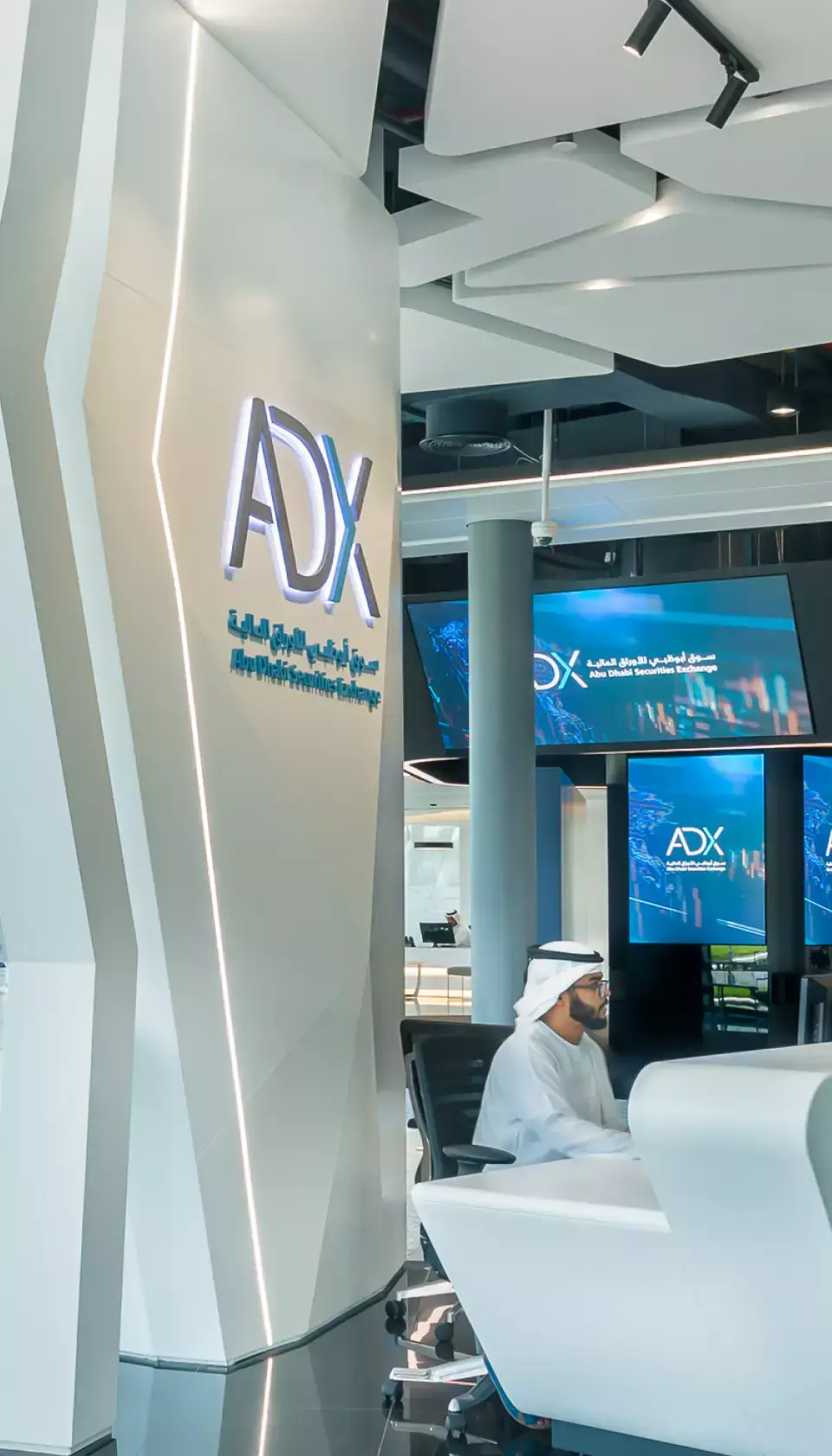
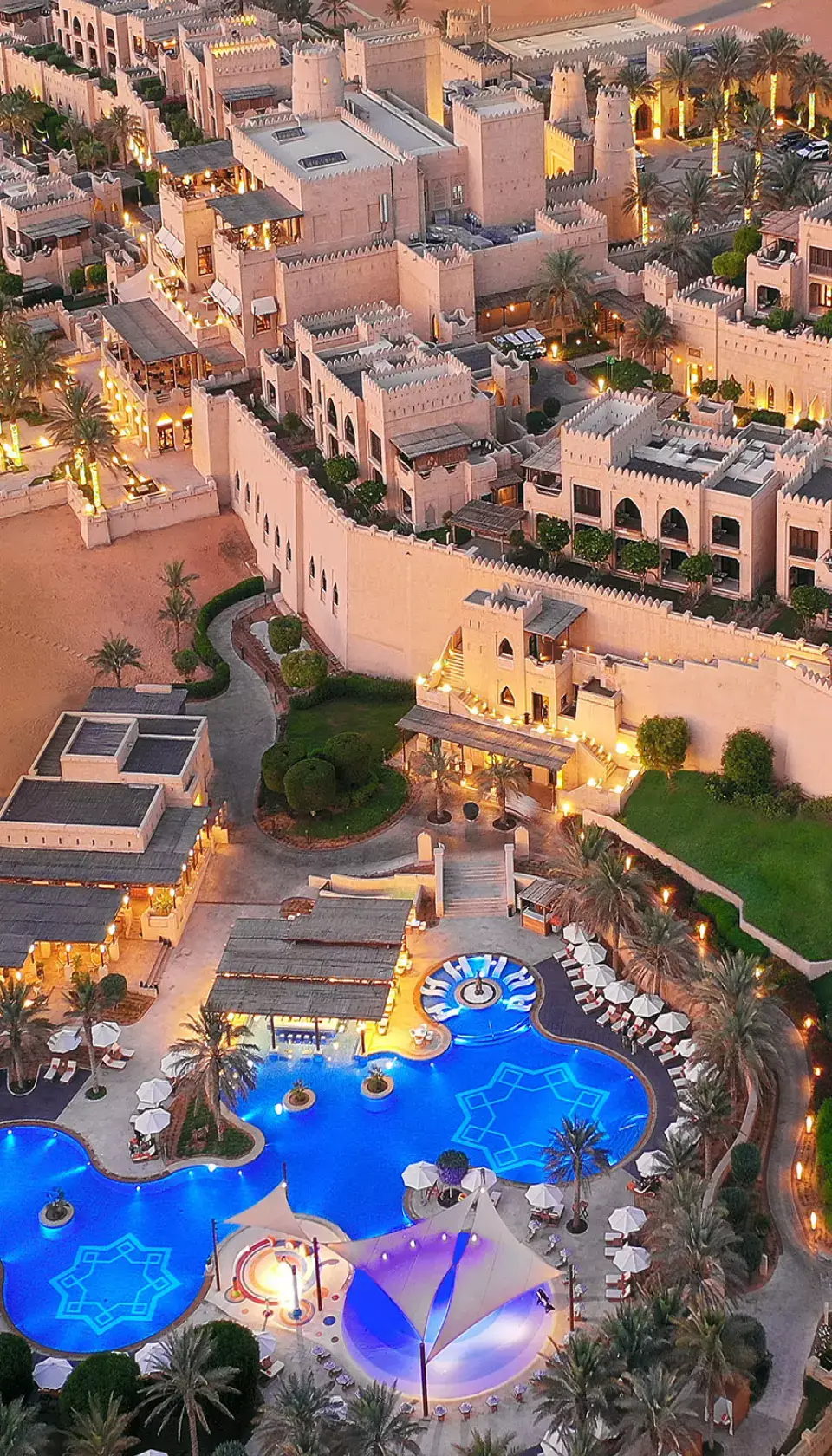
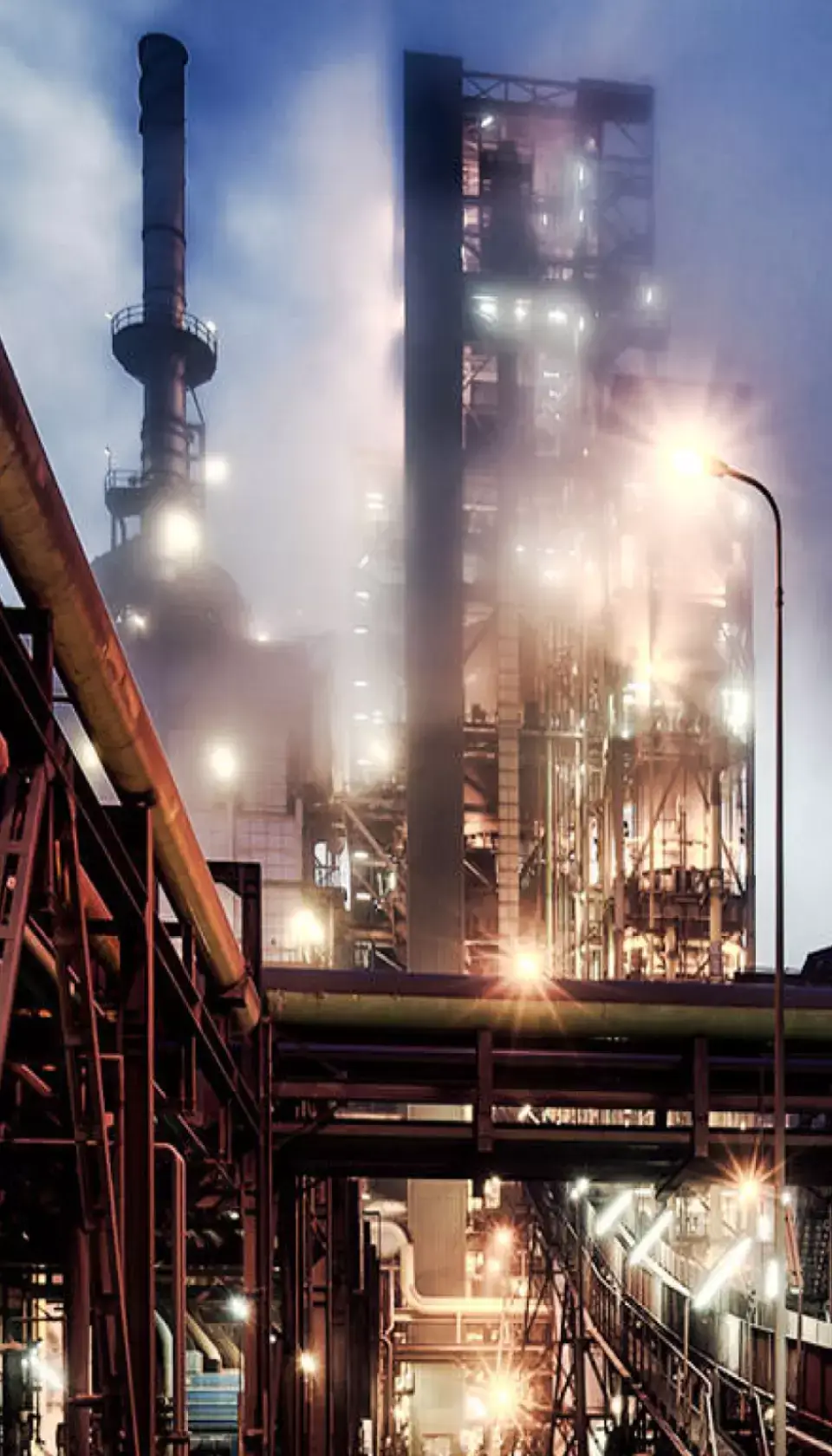
.jpg)
